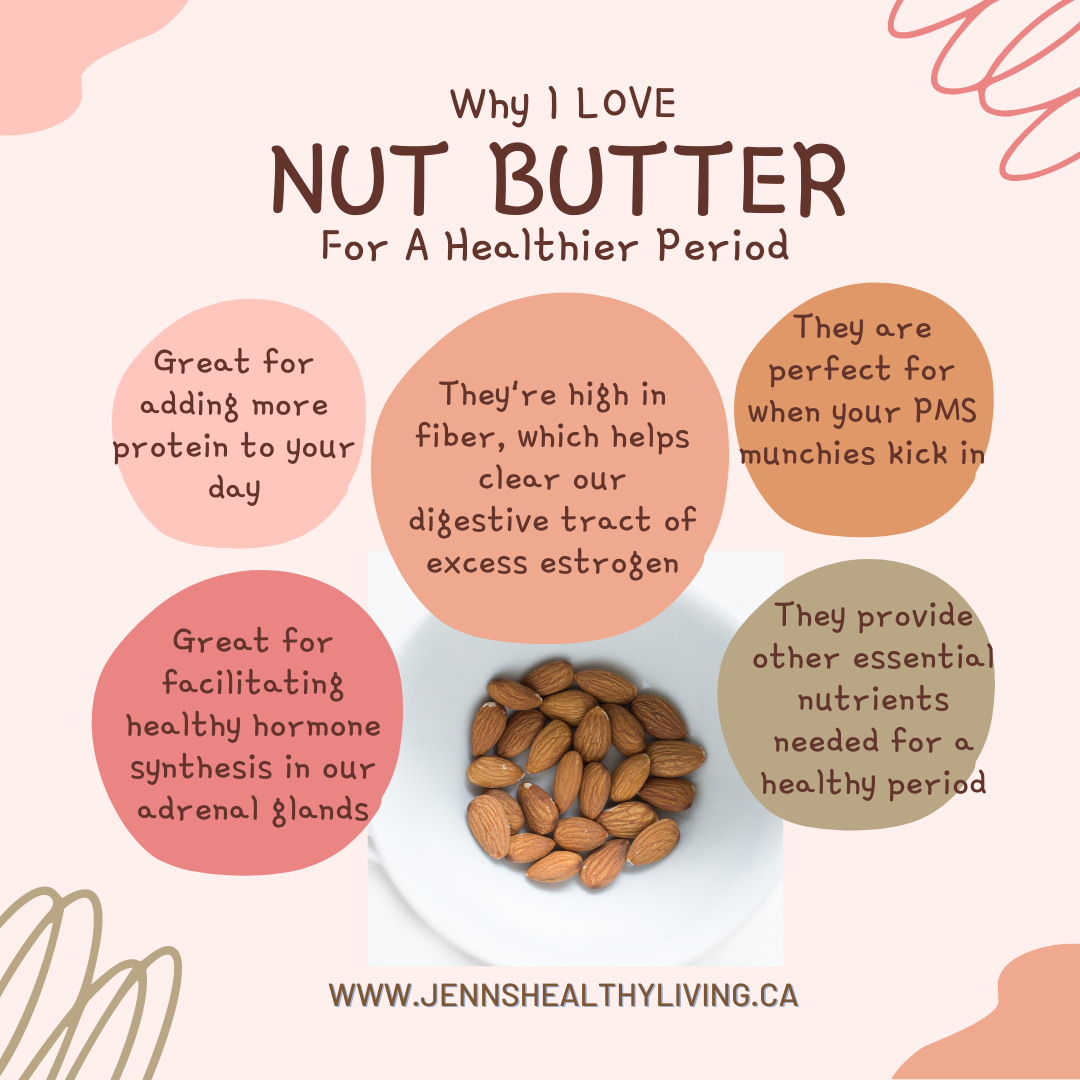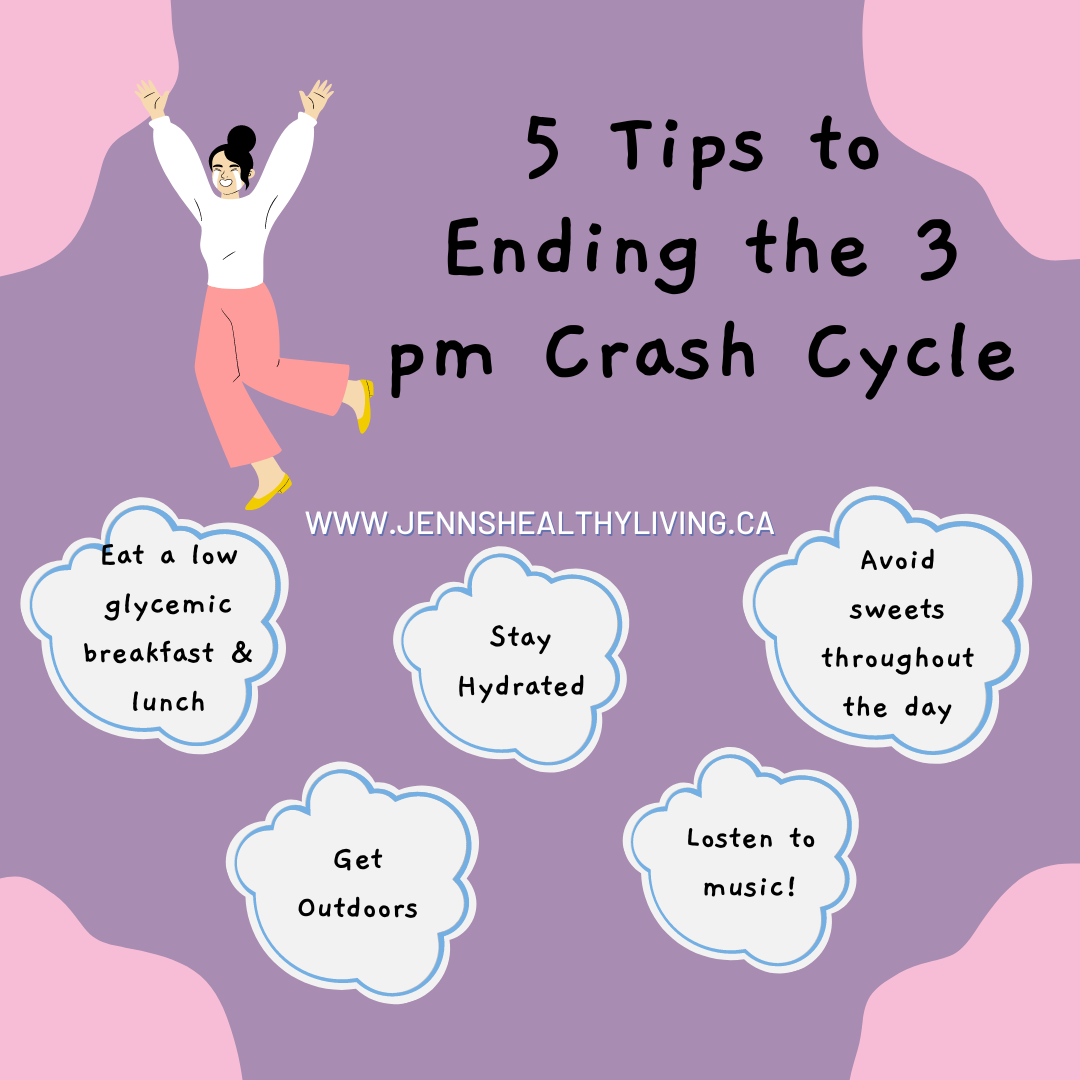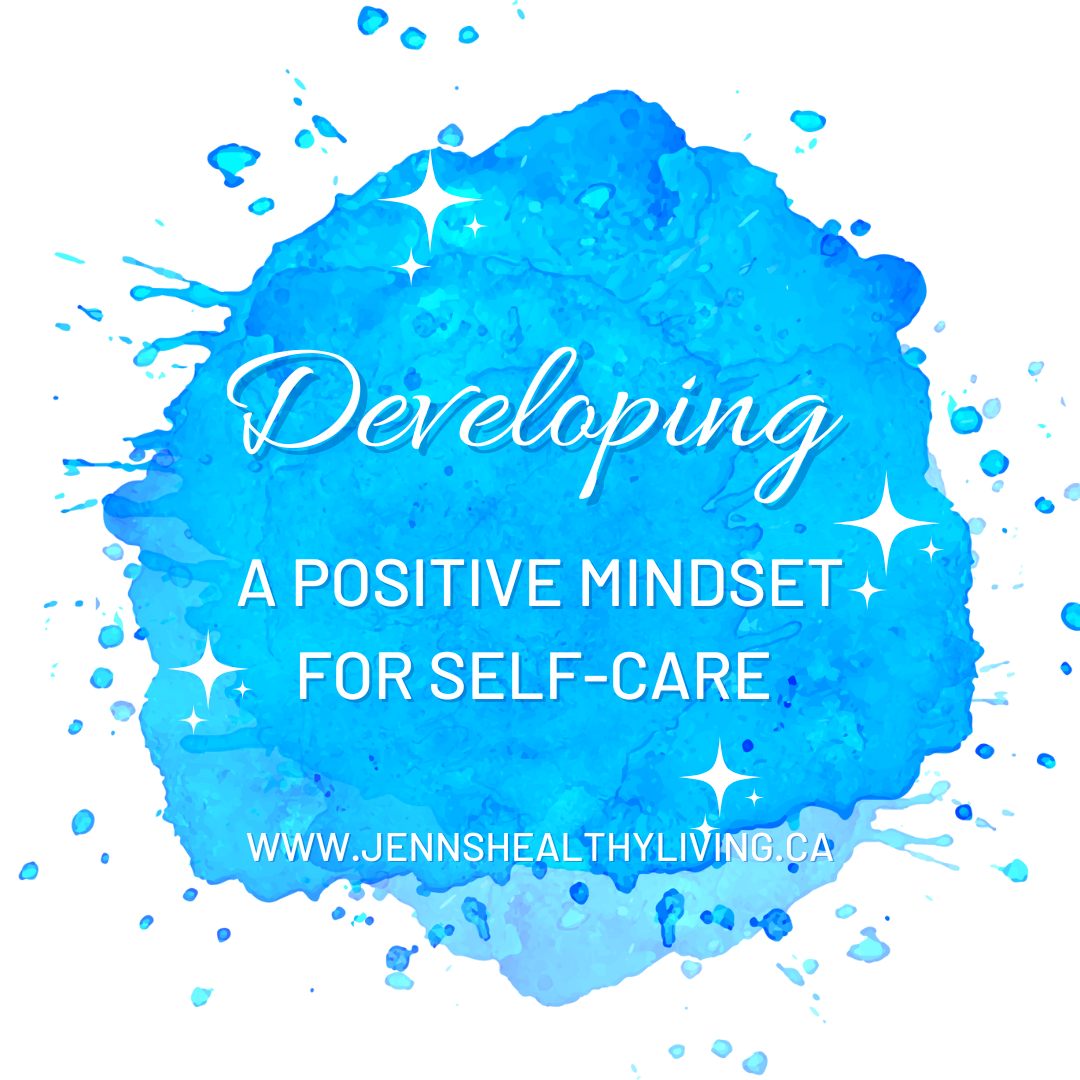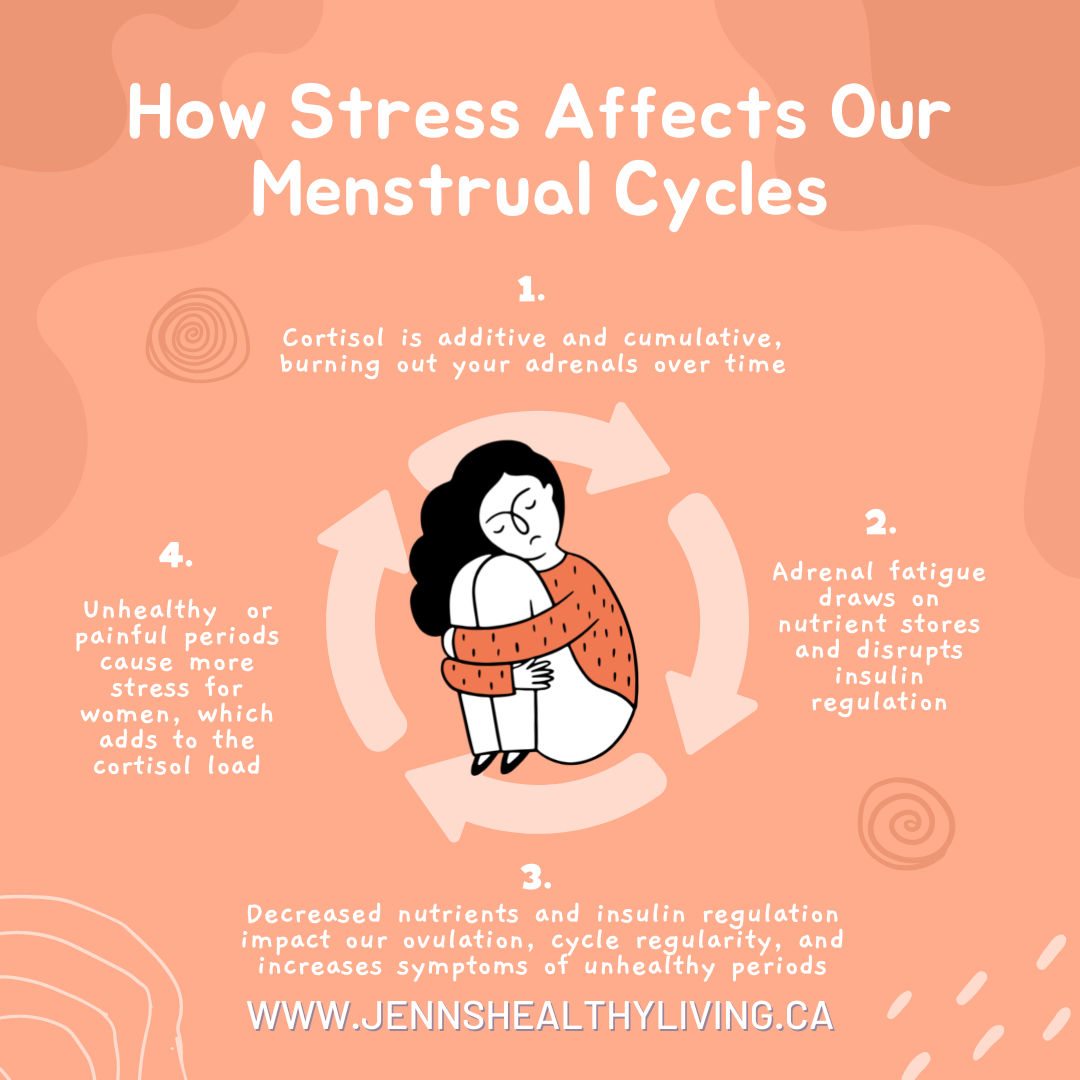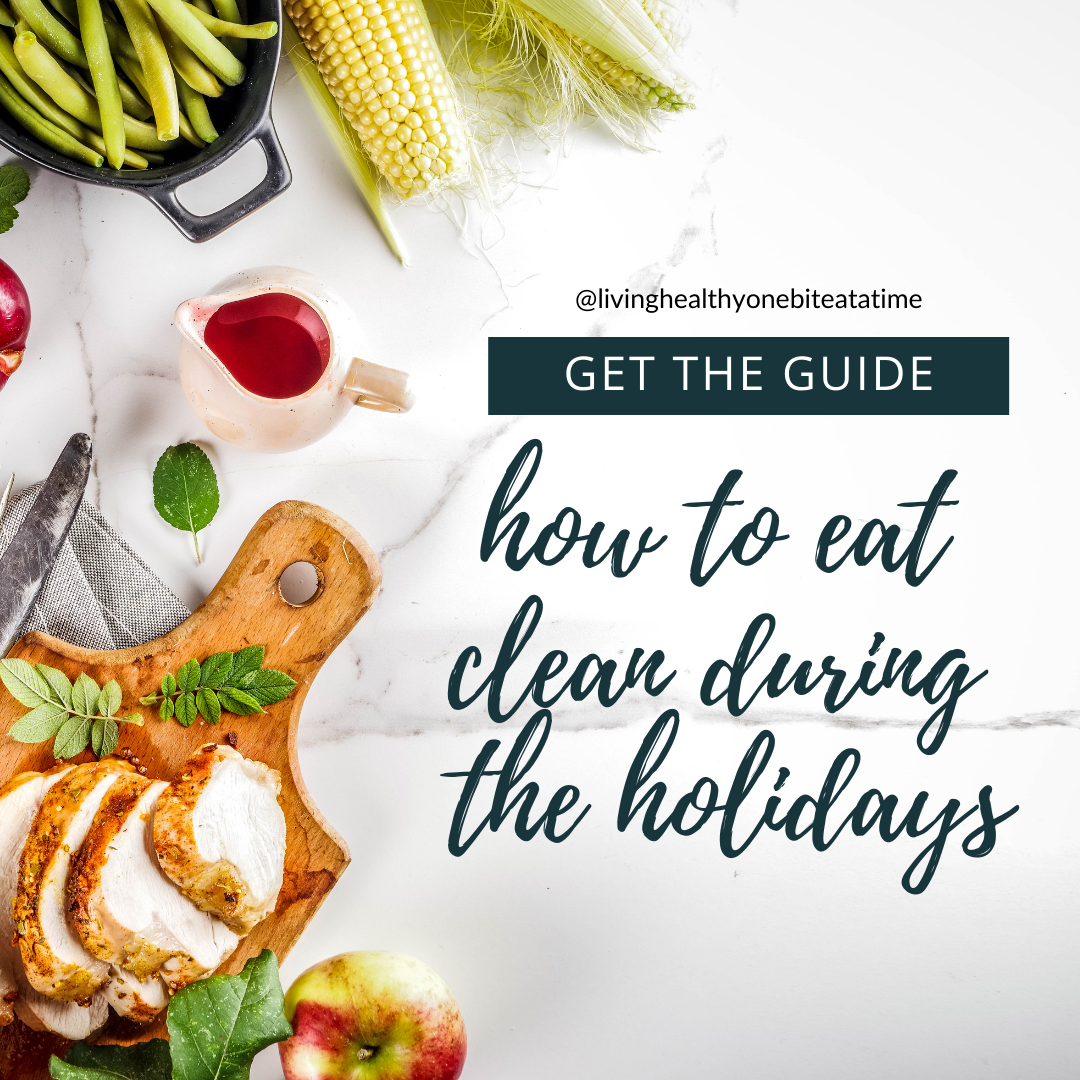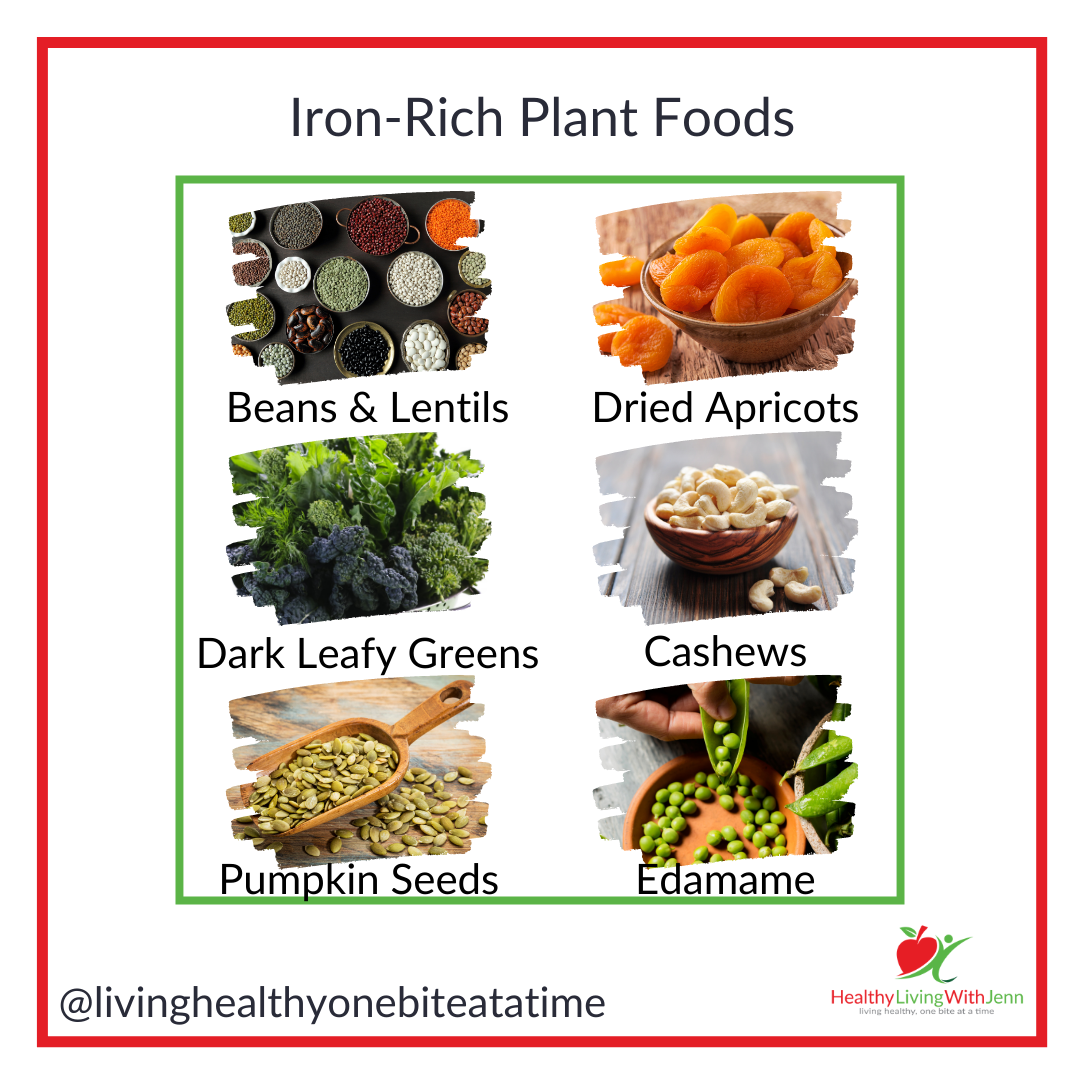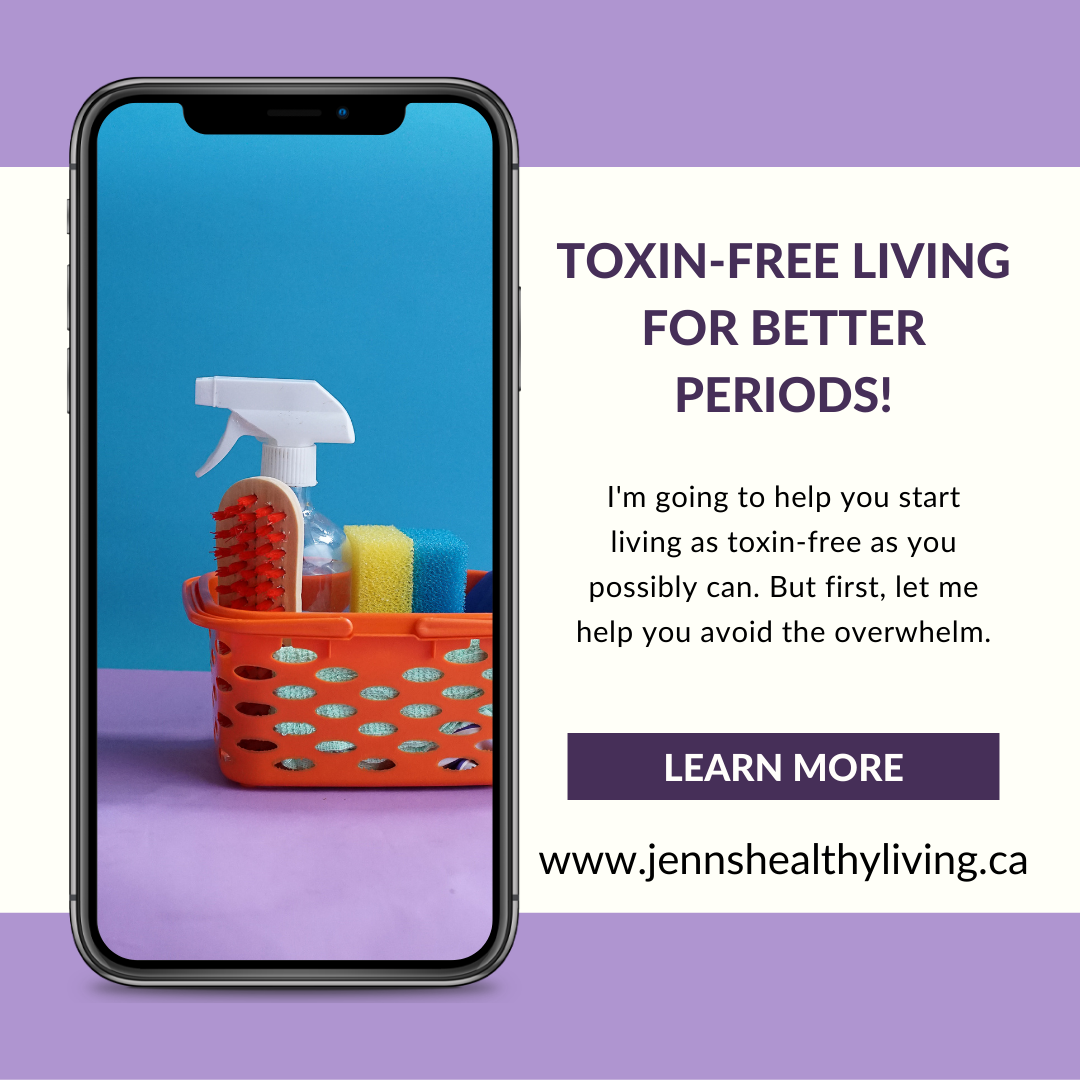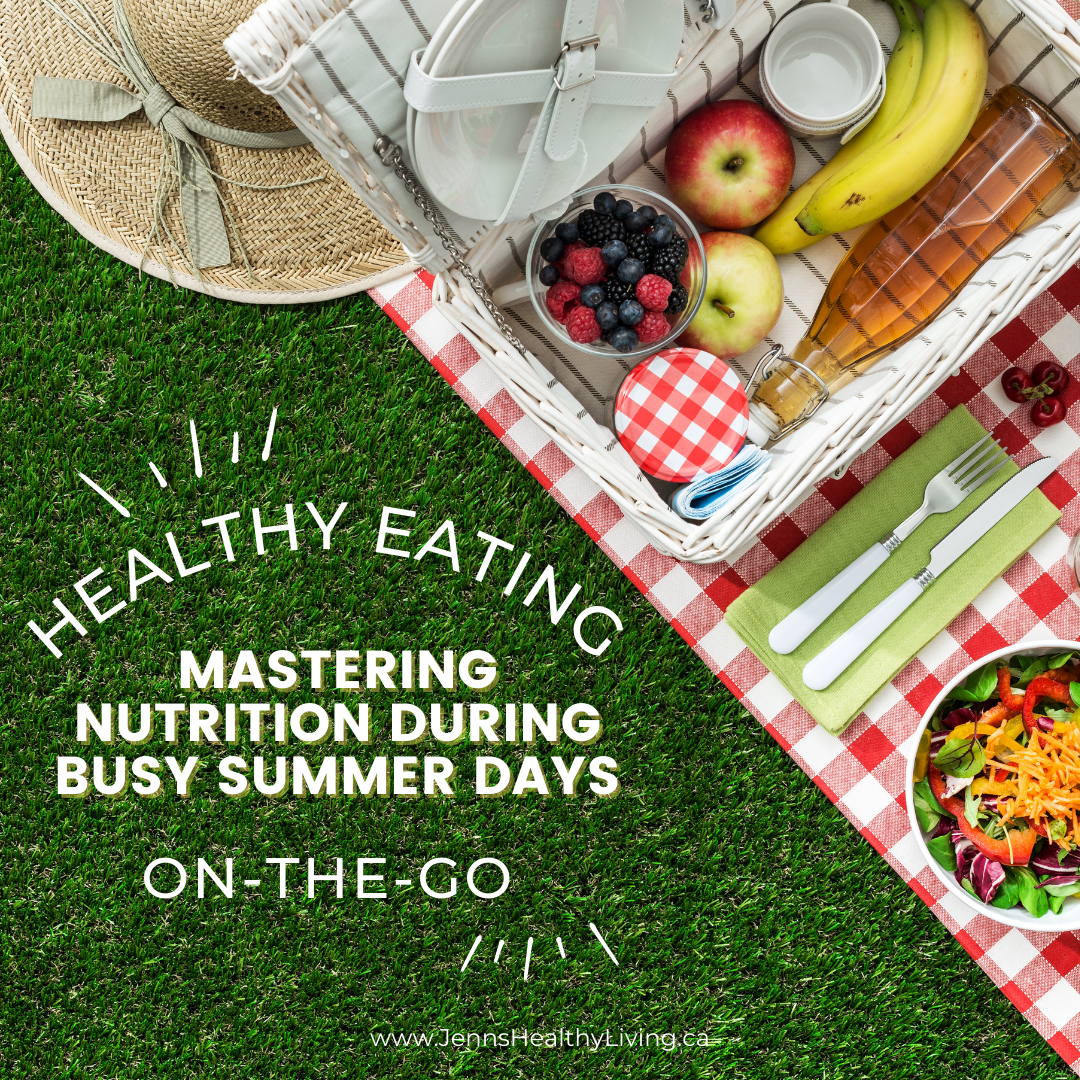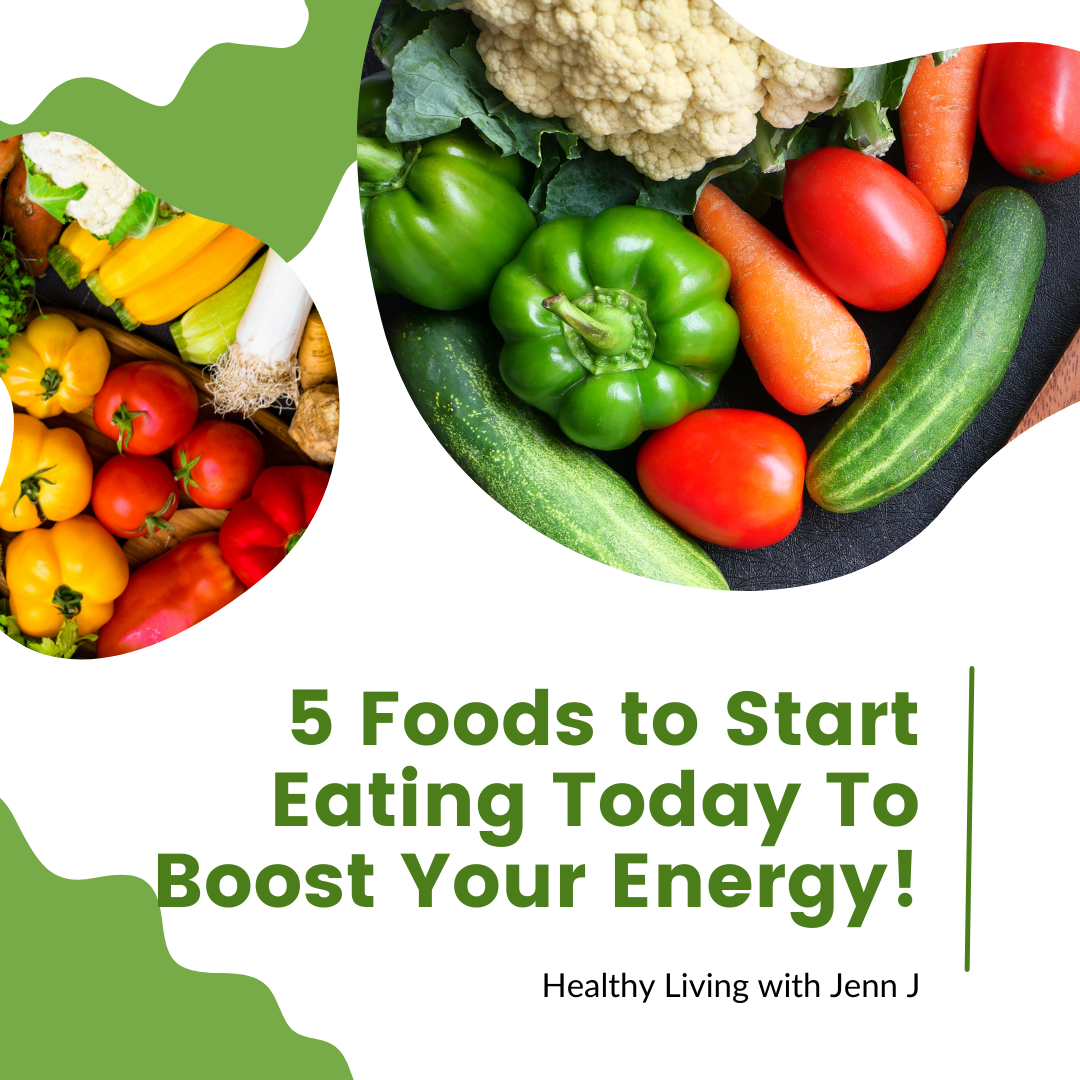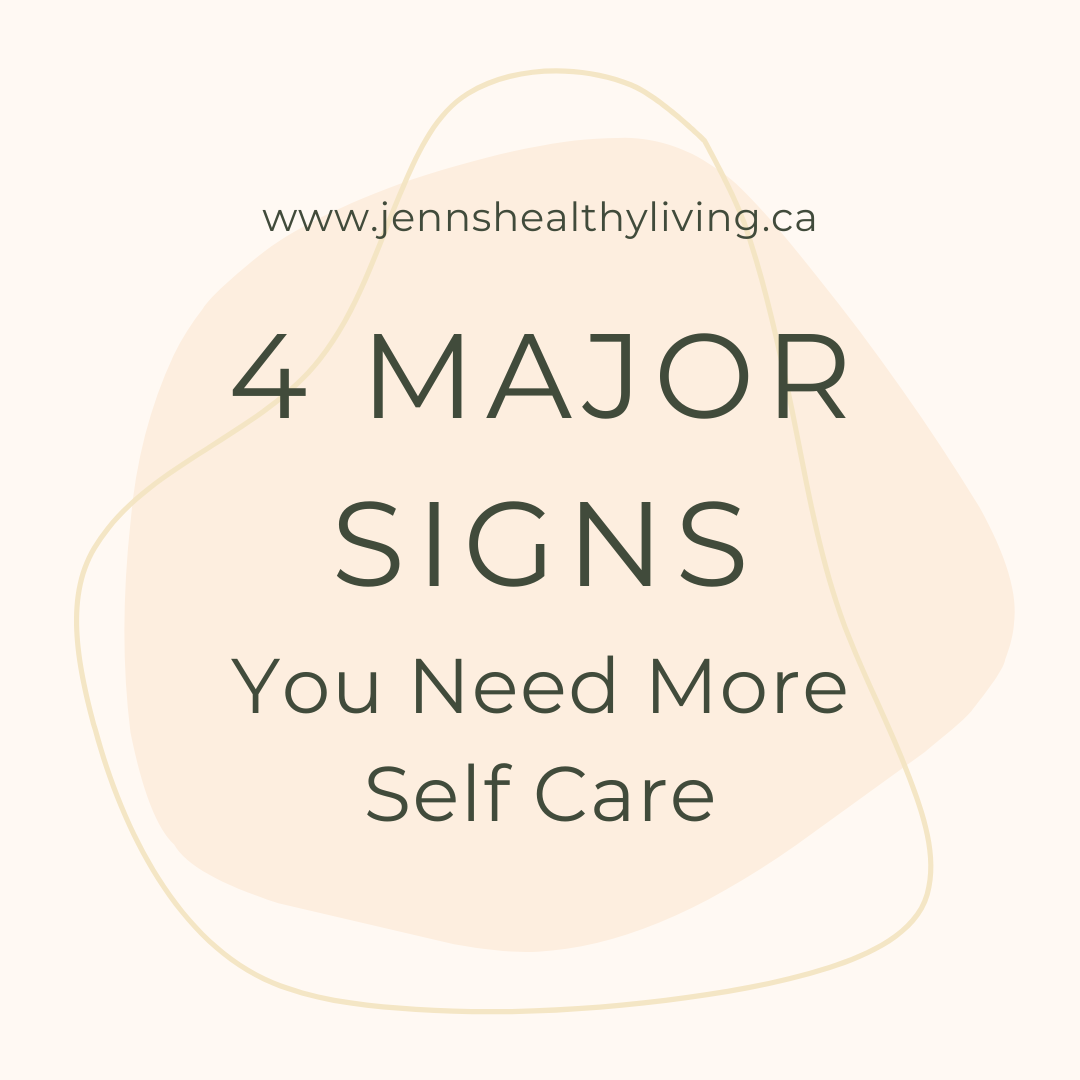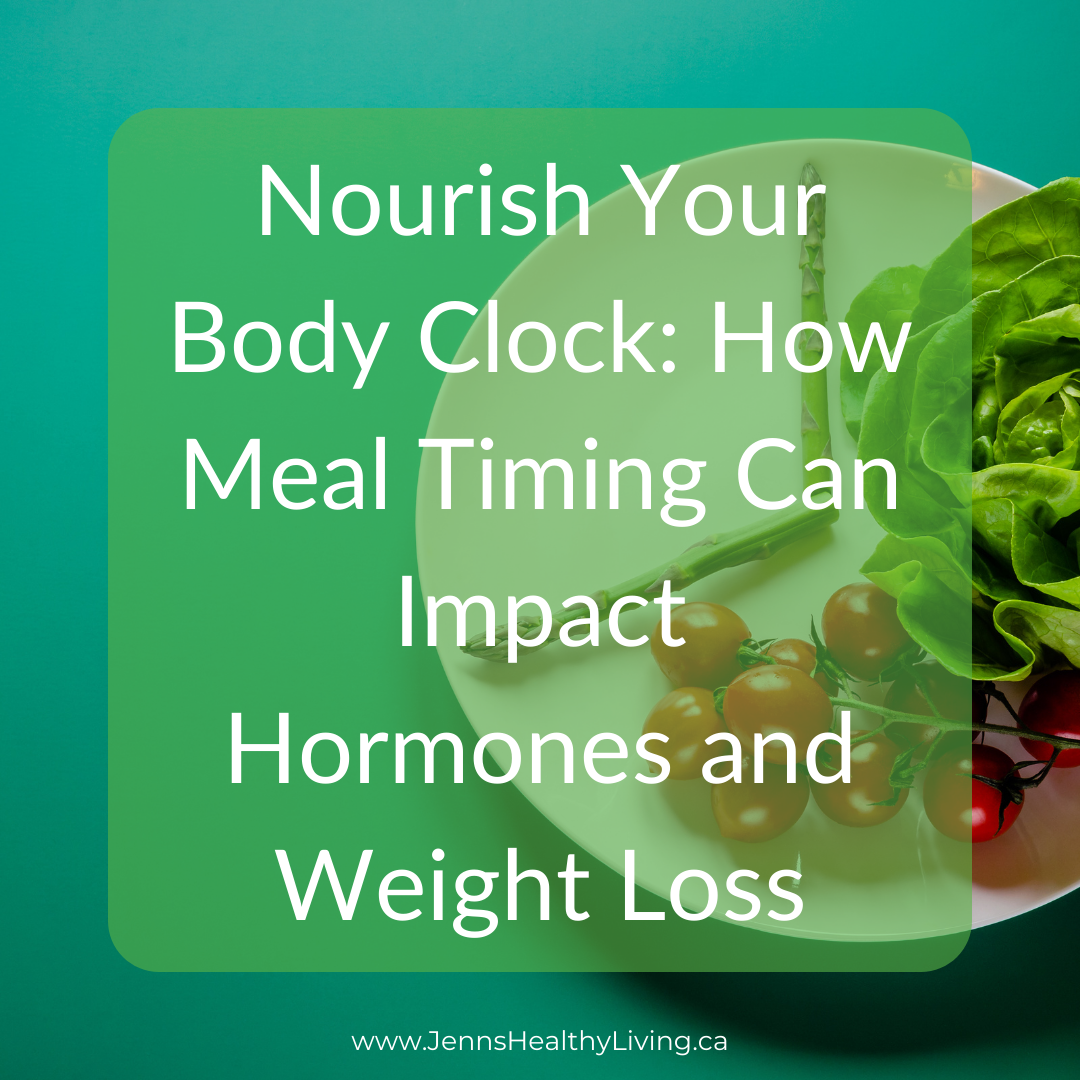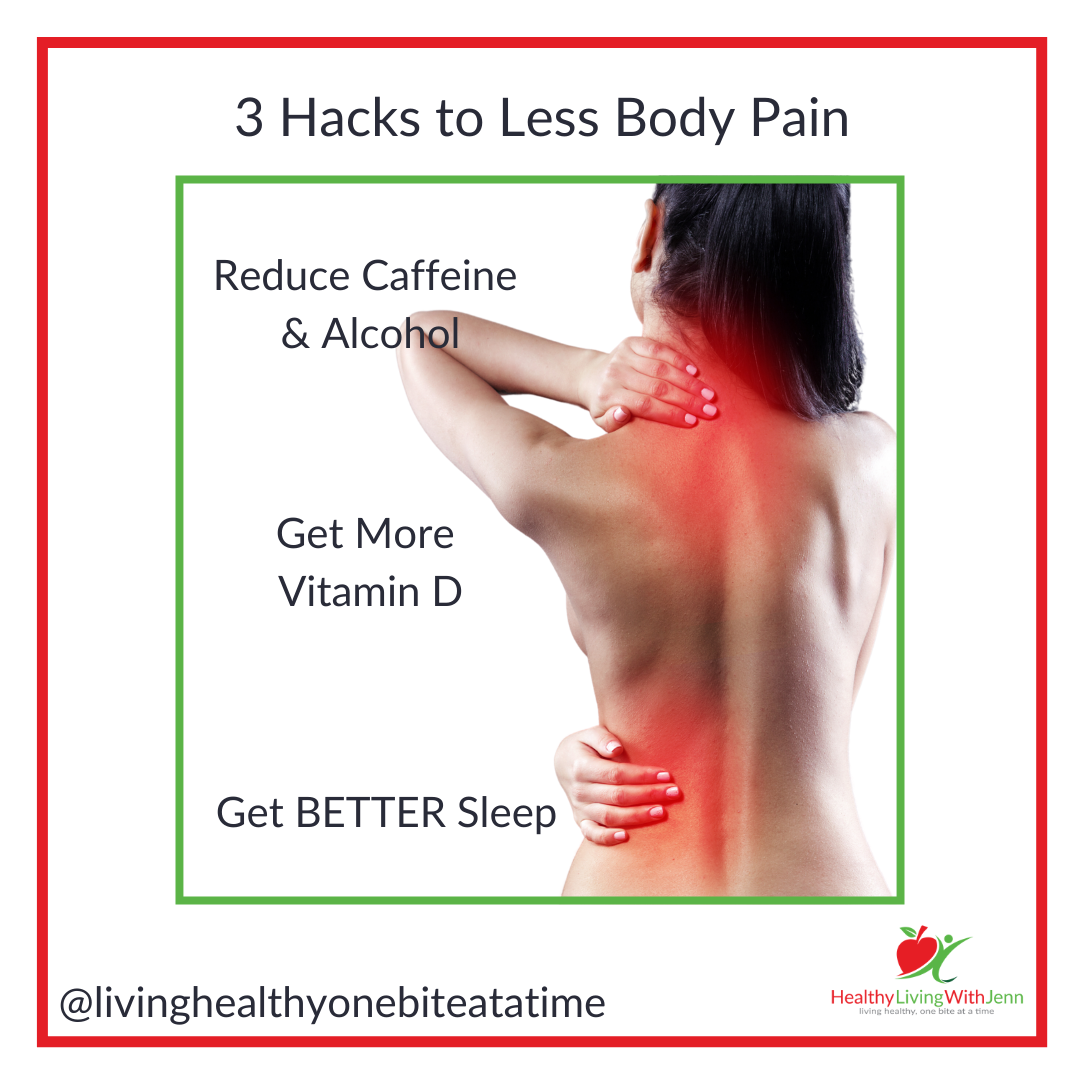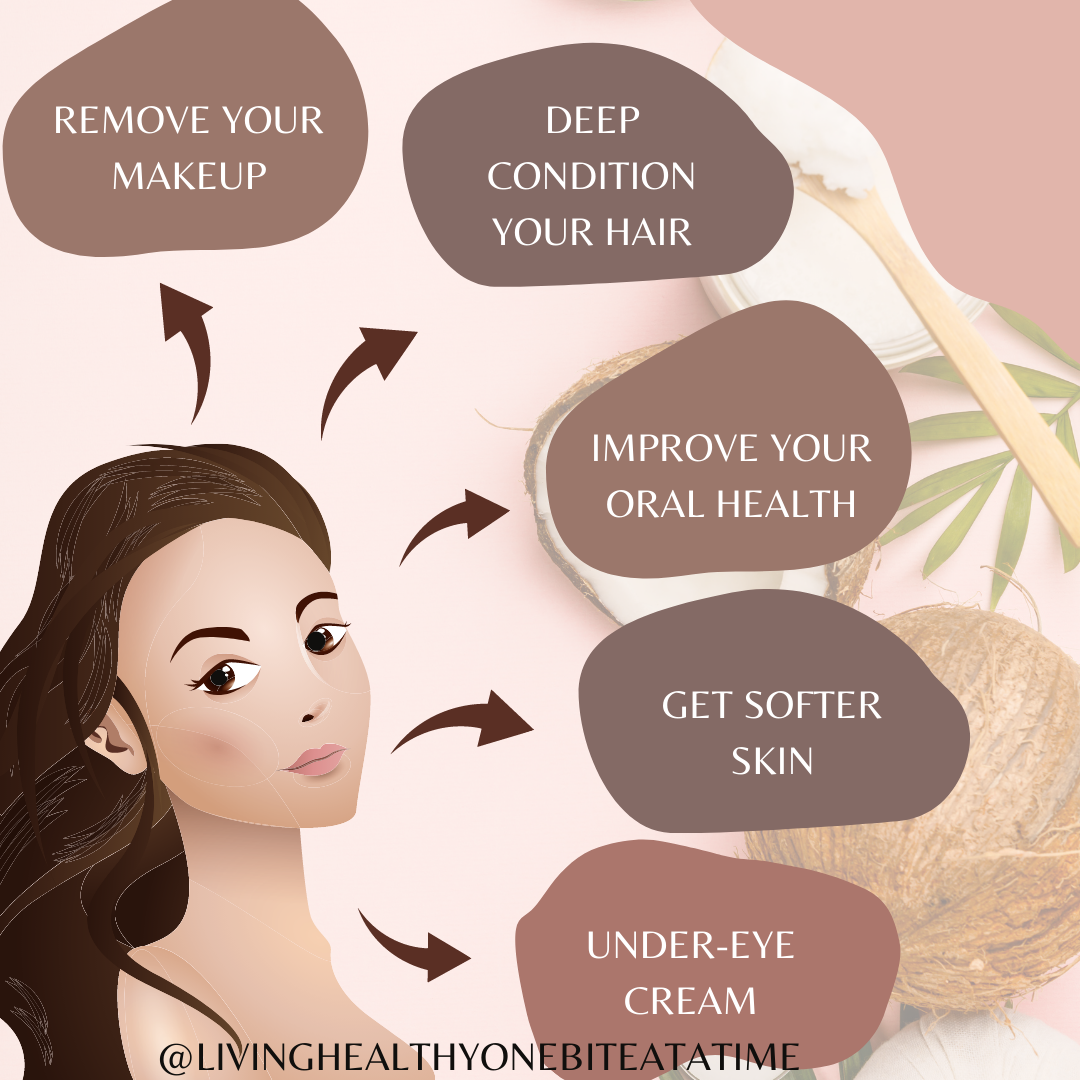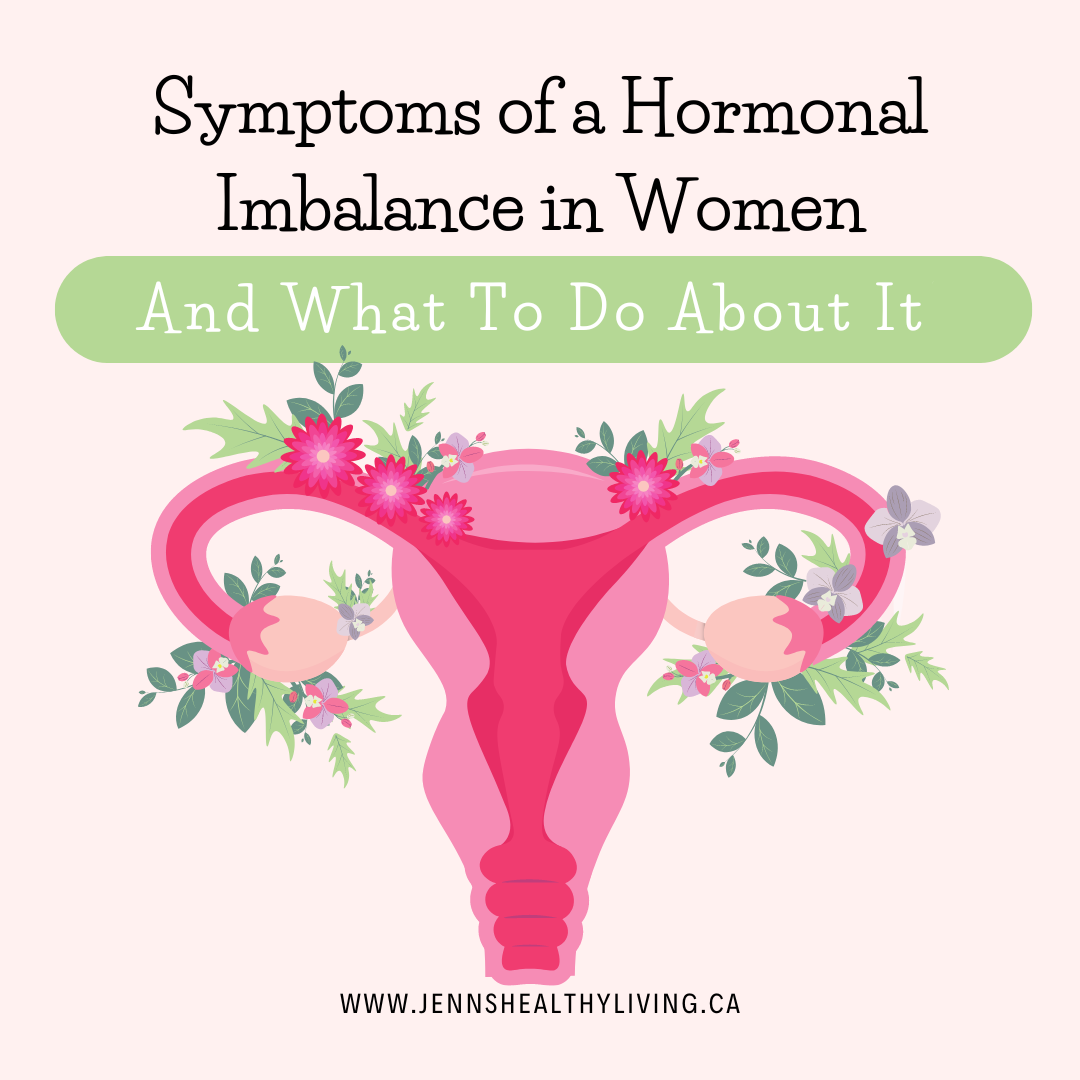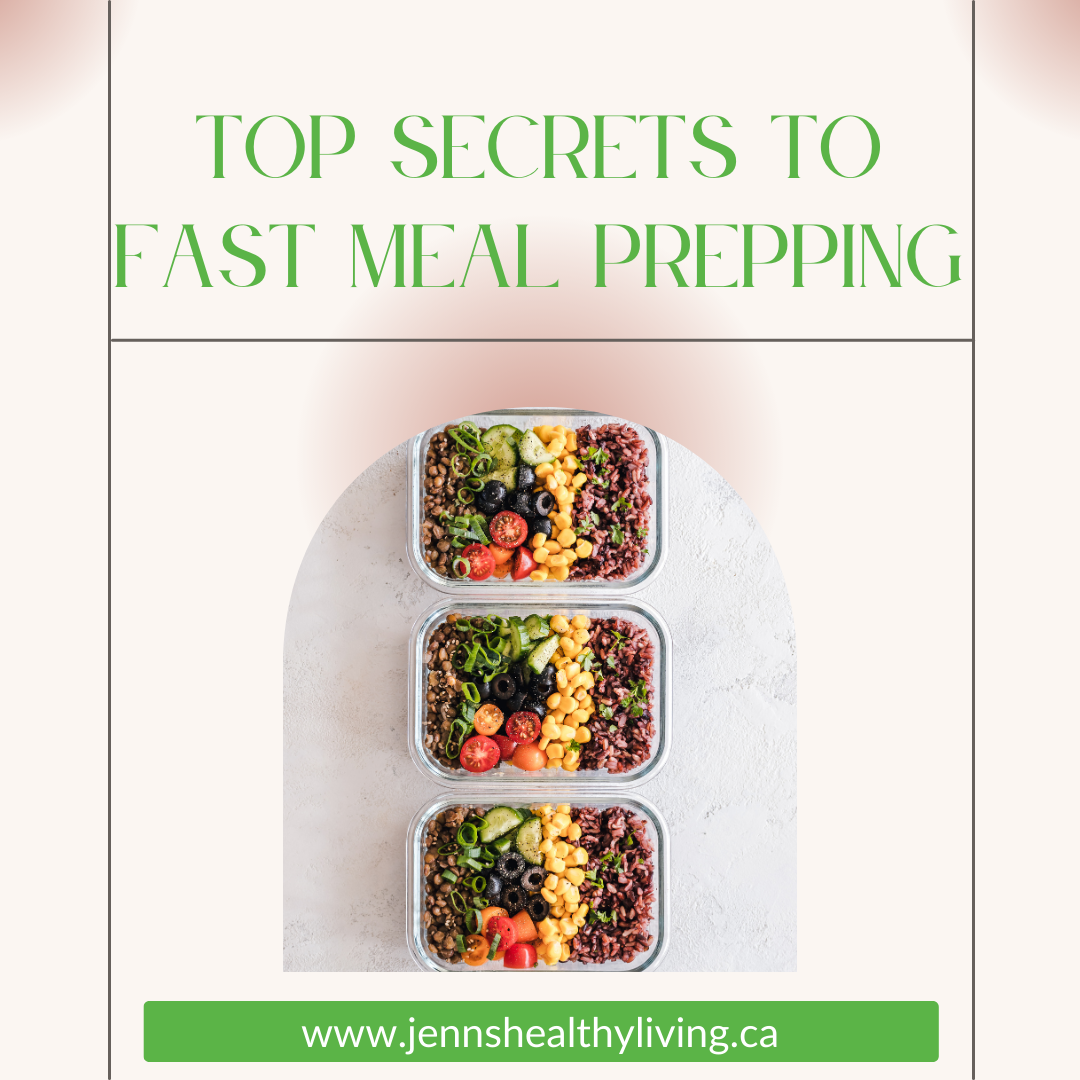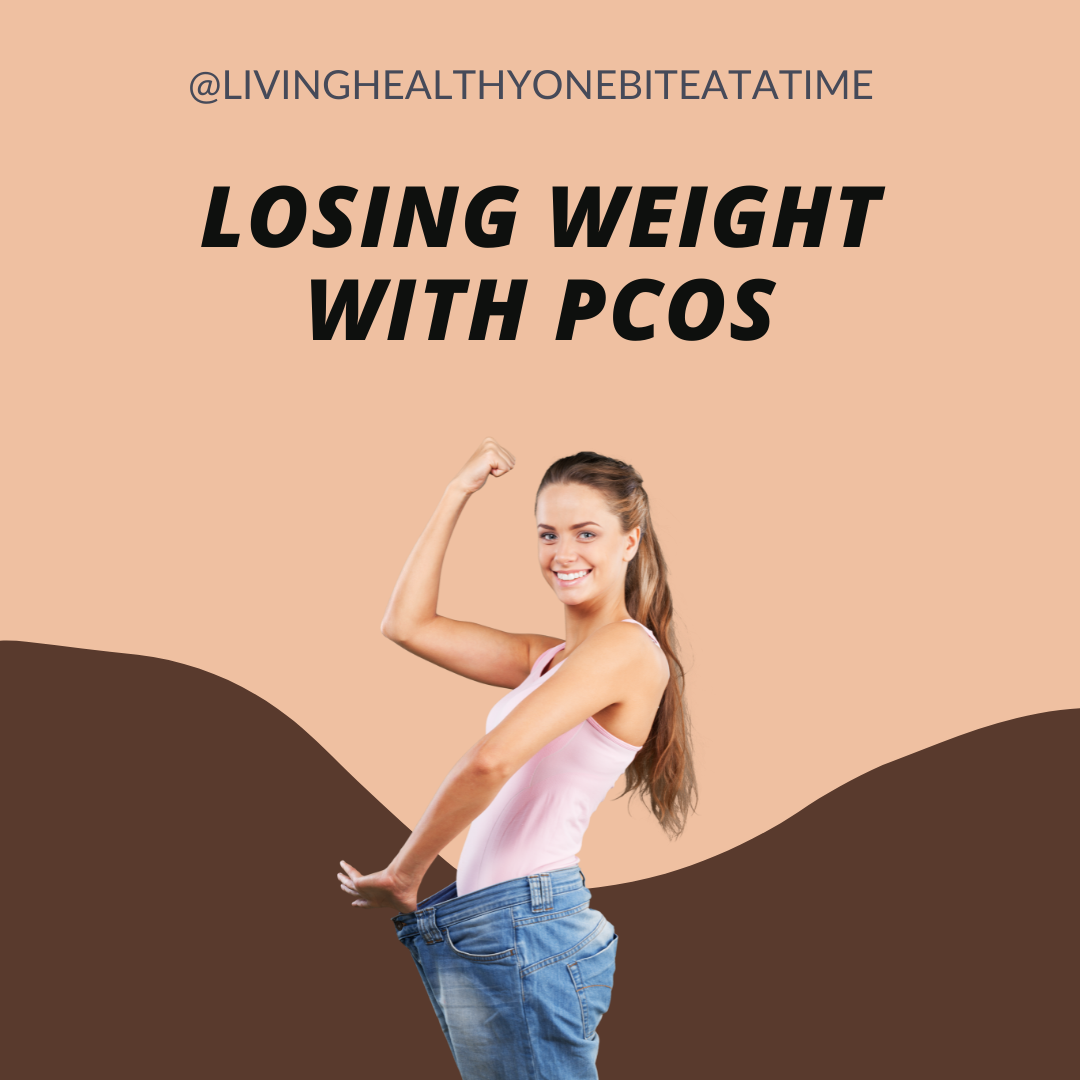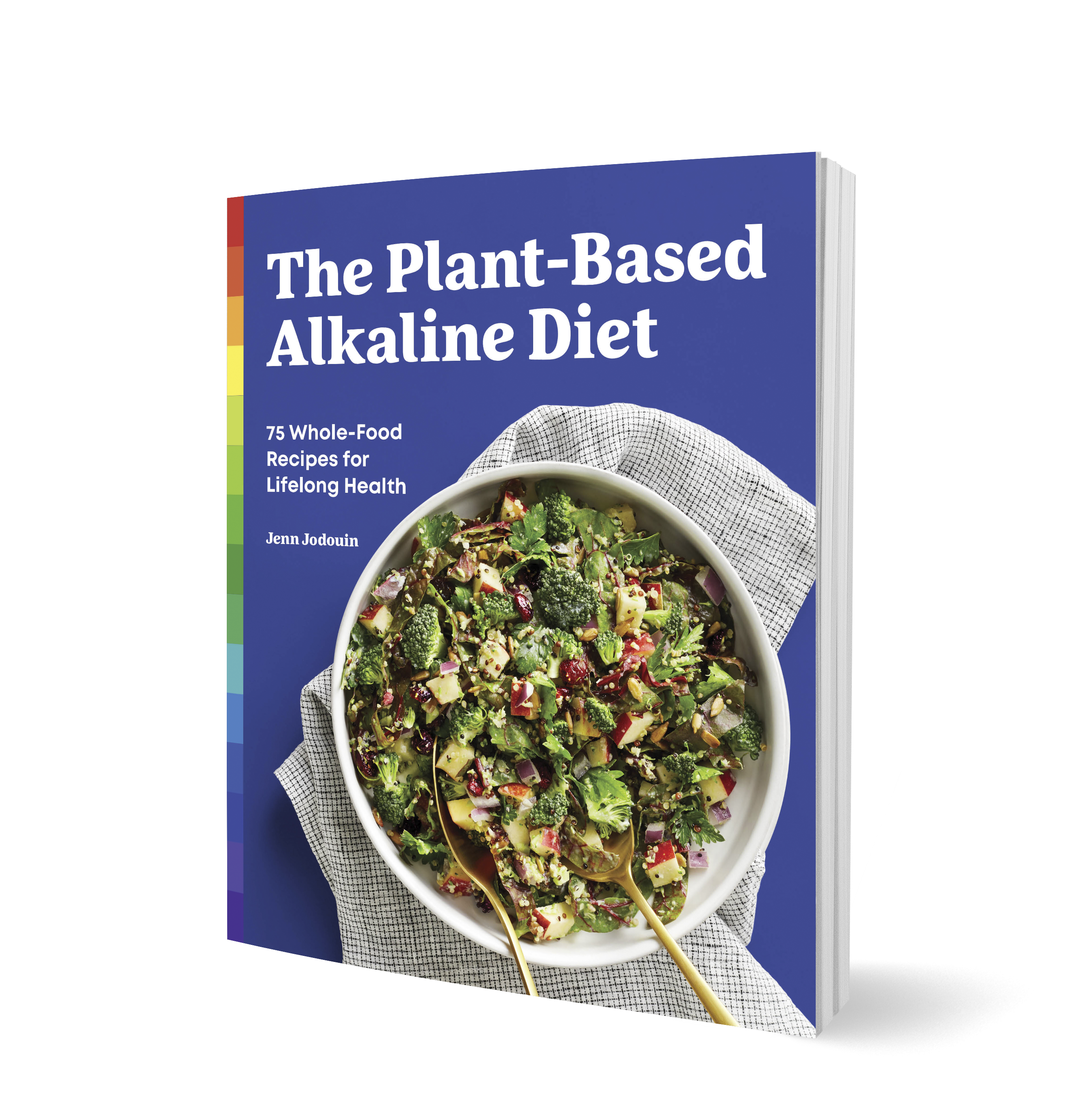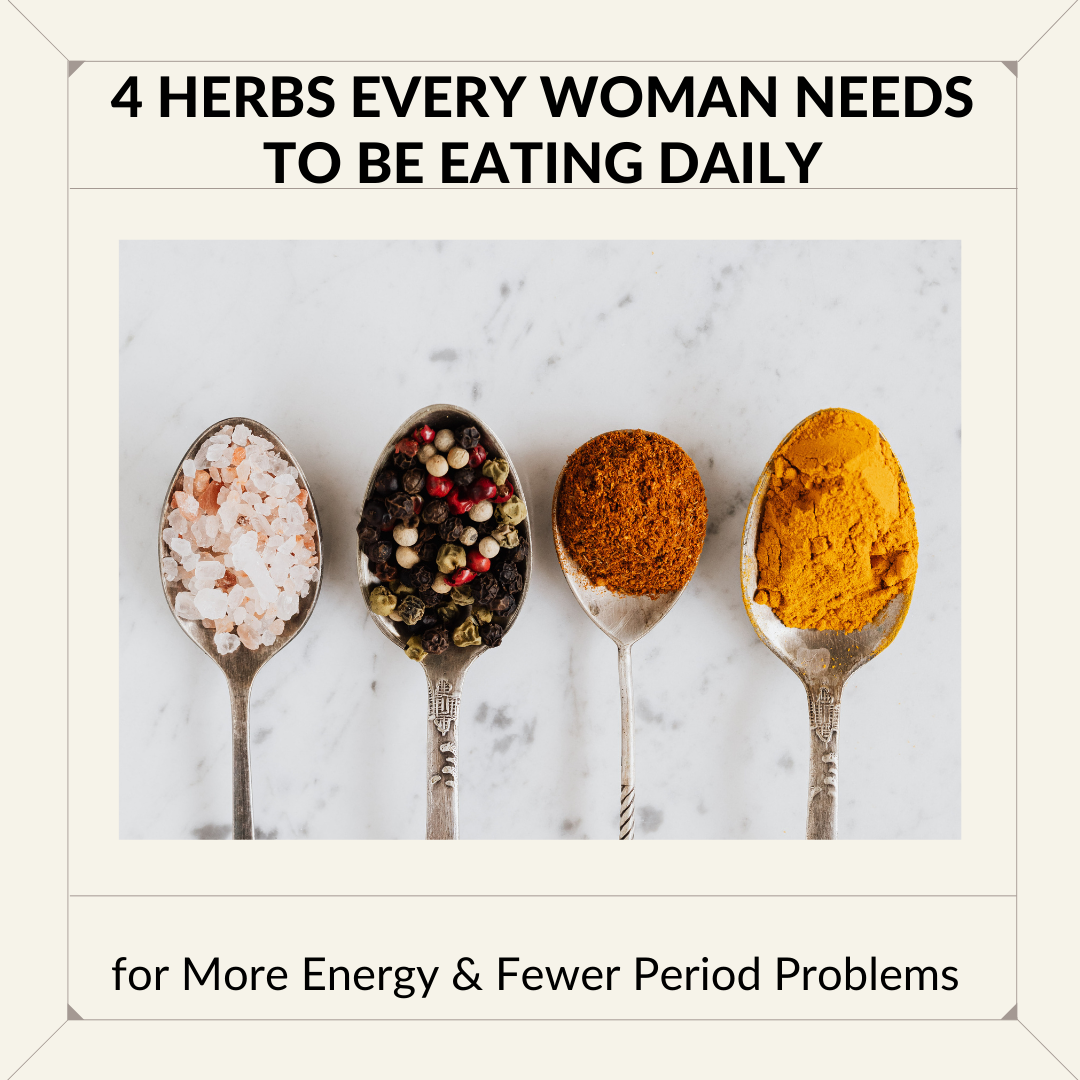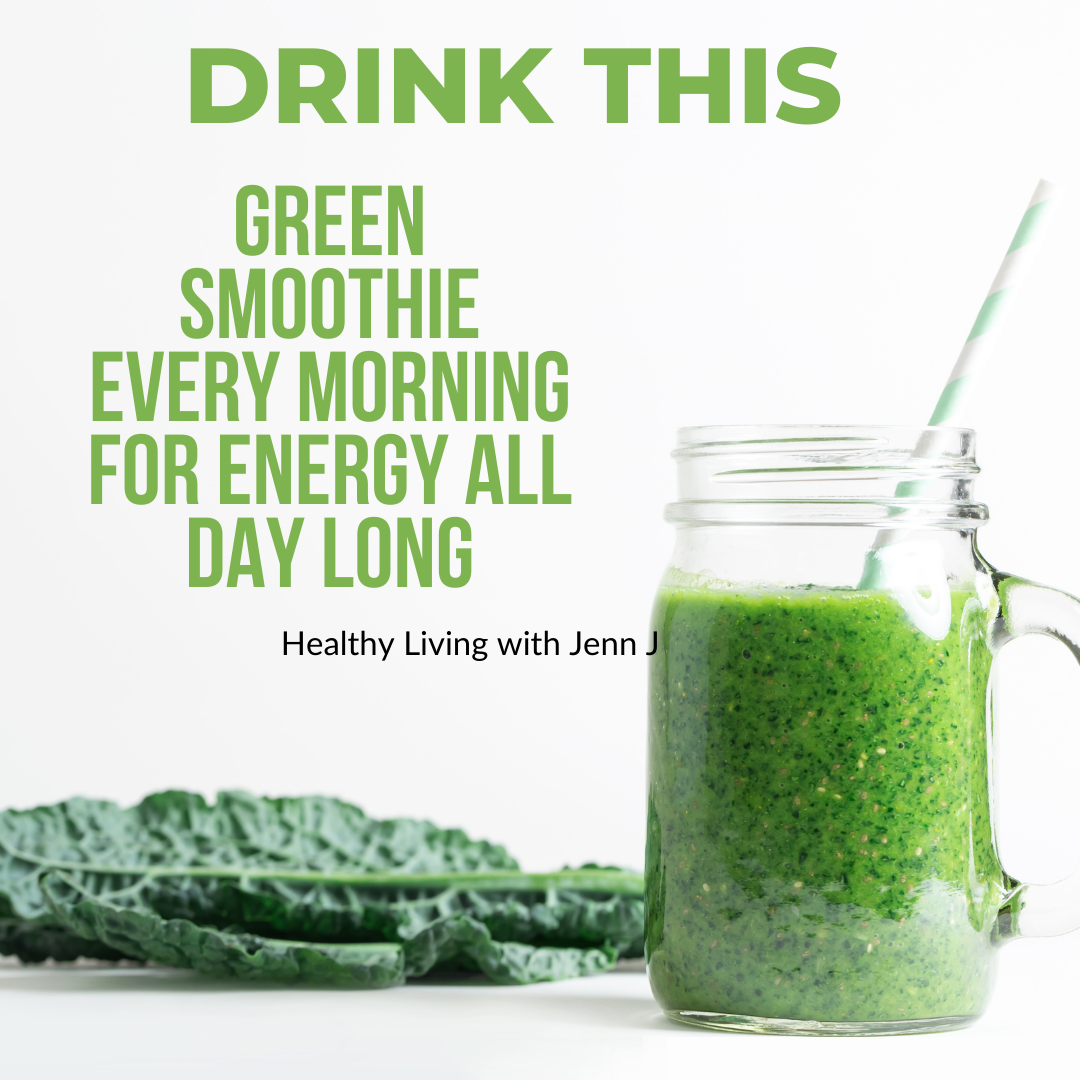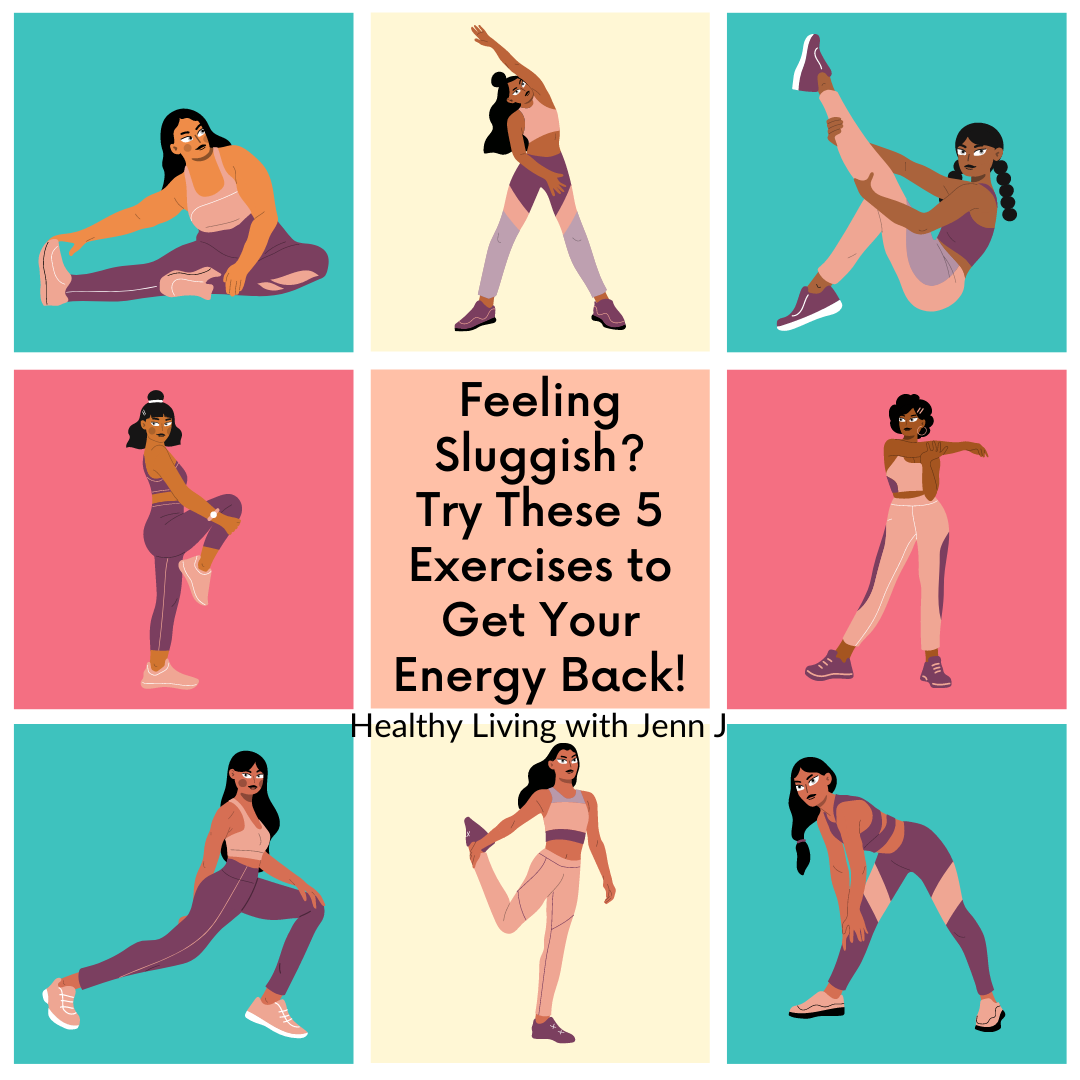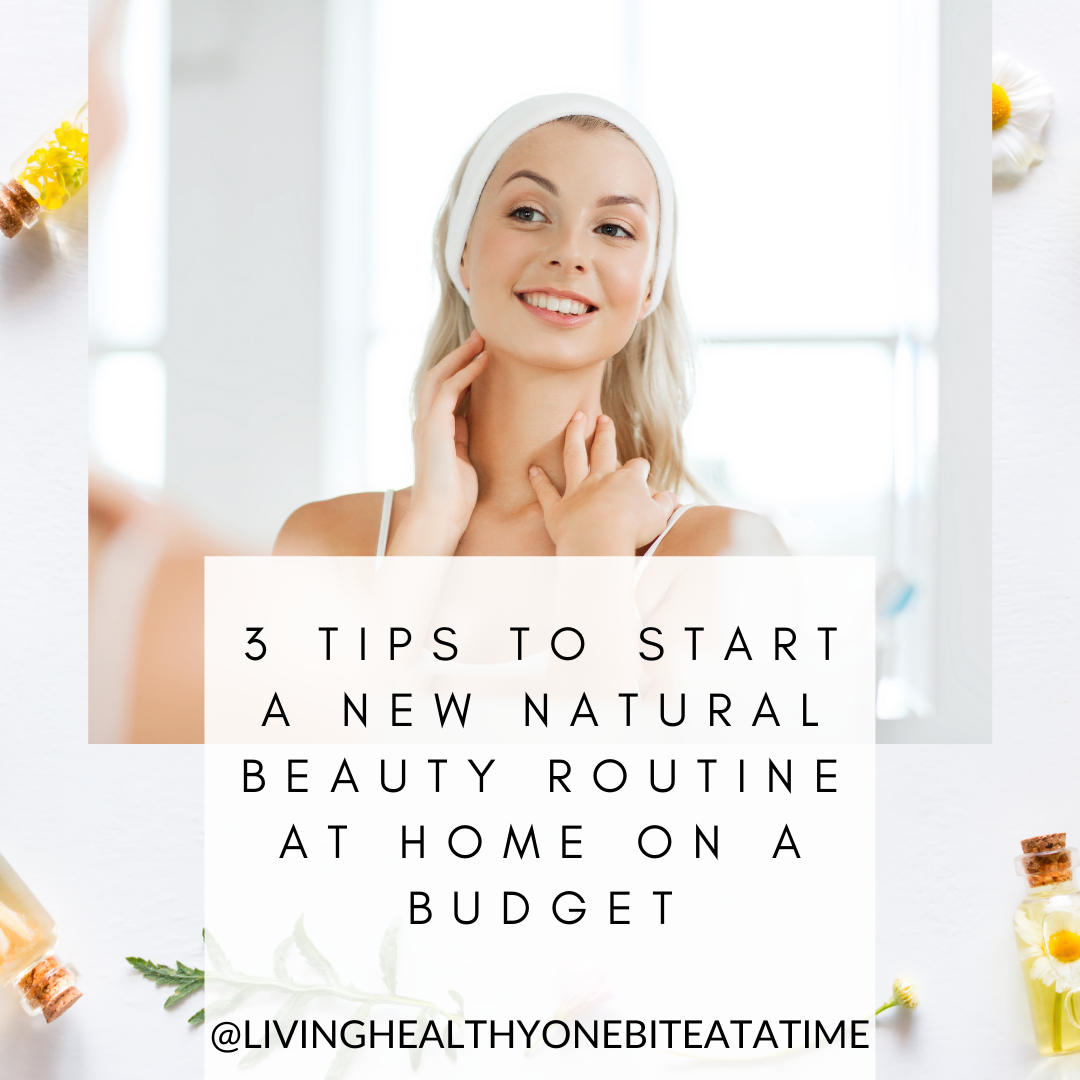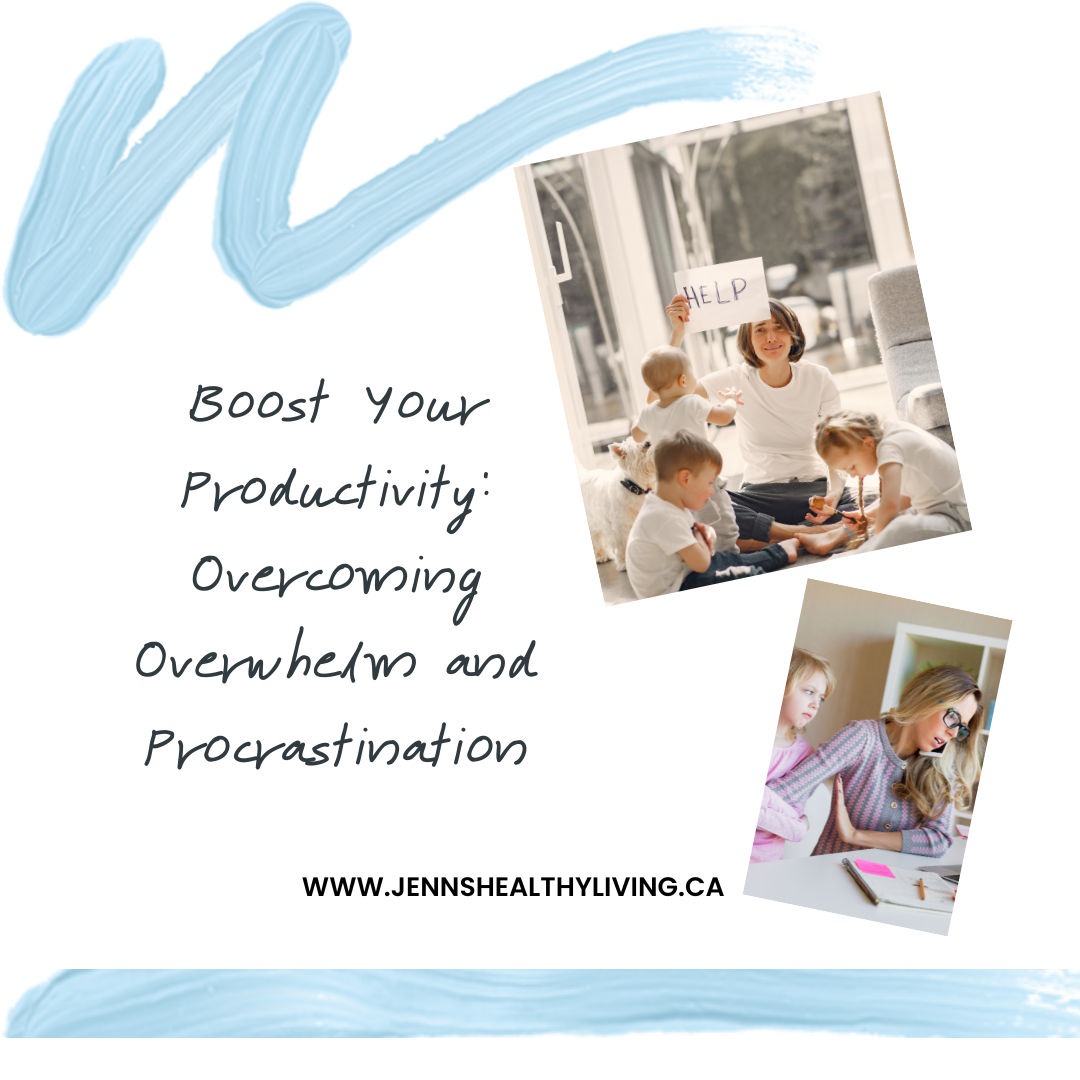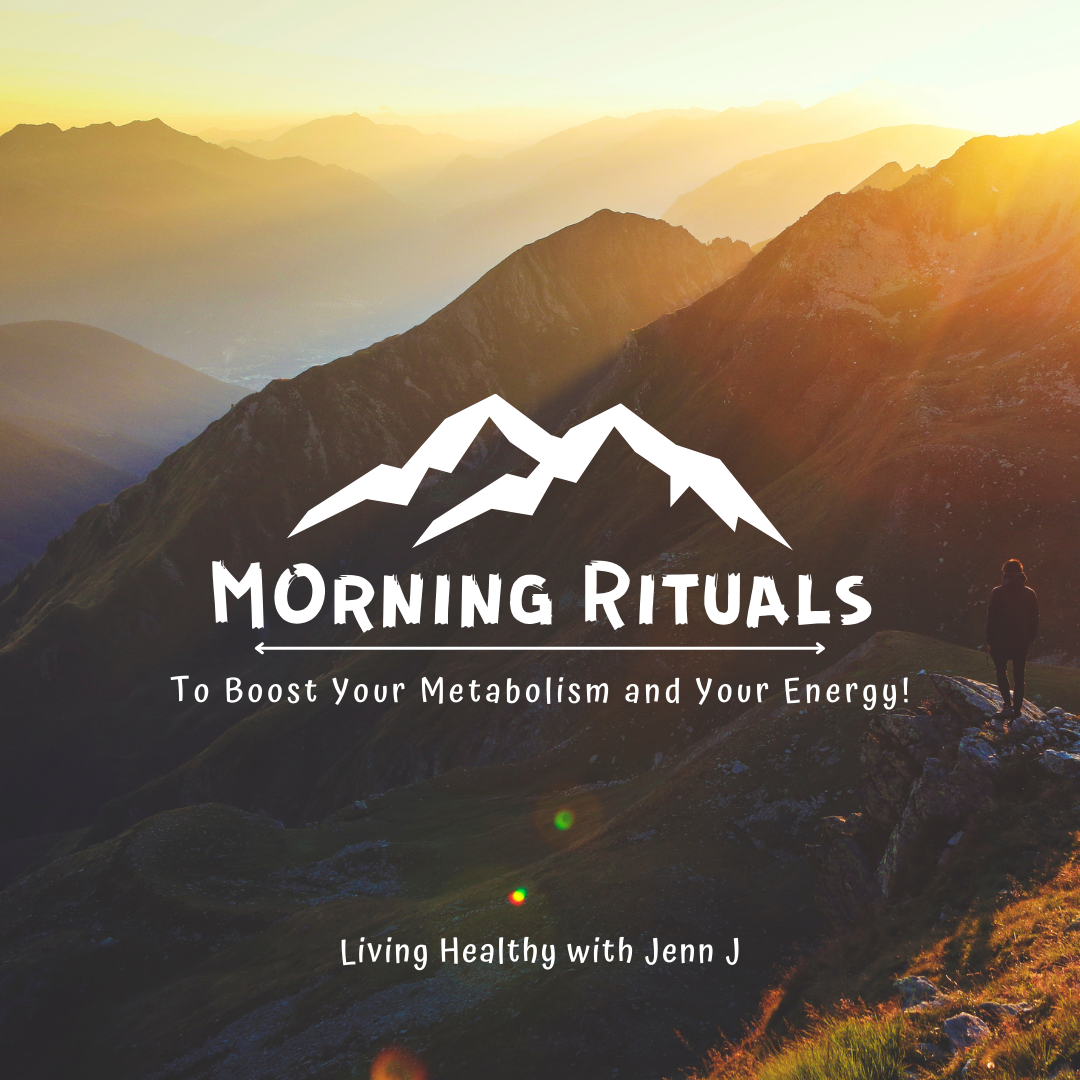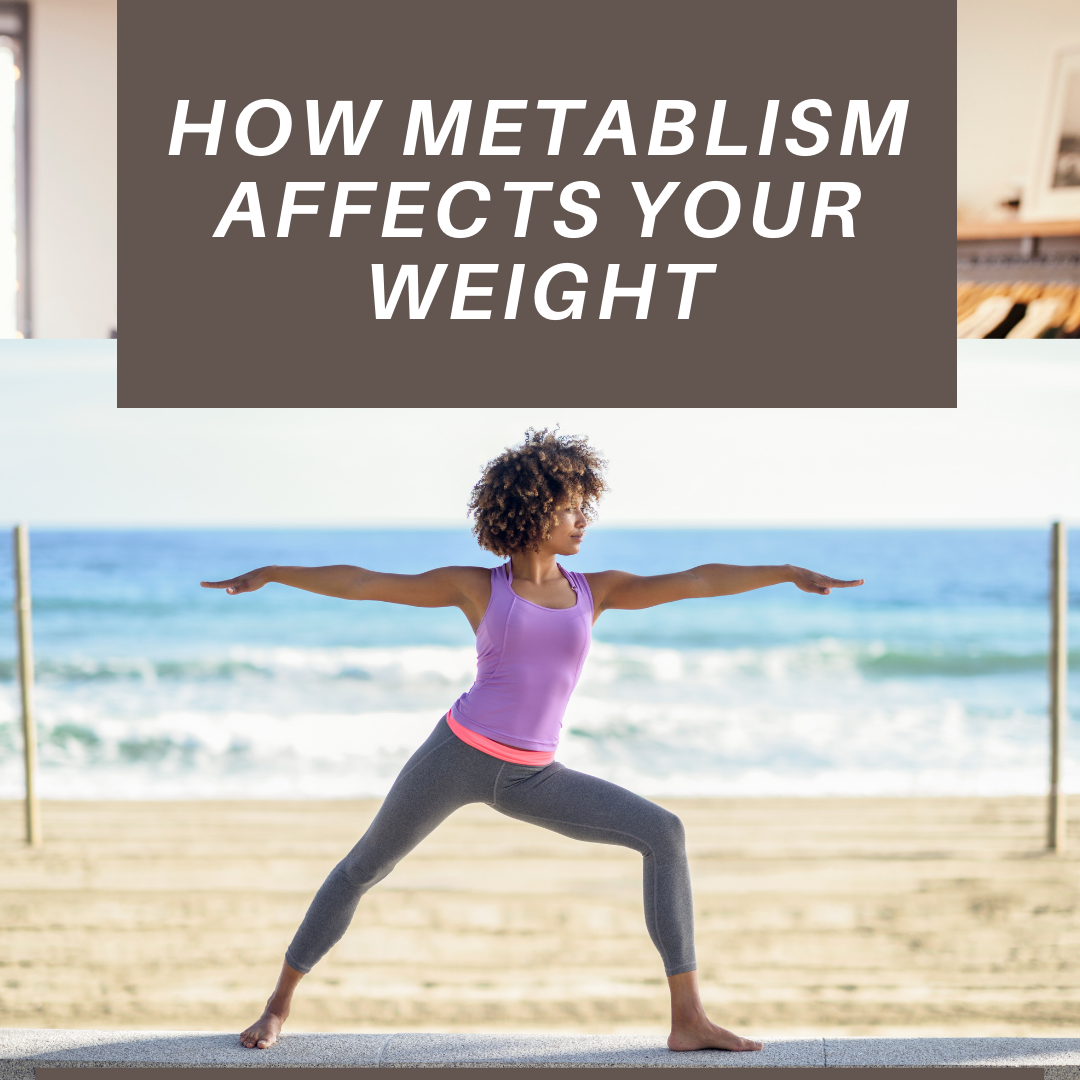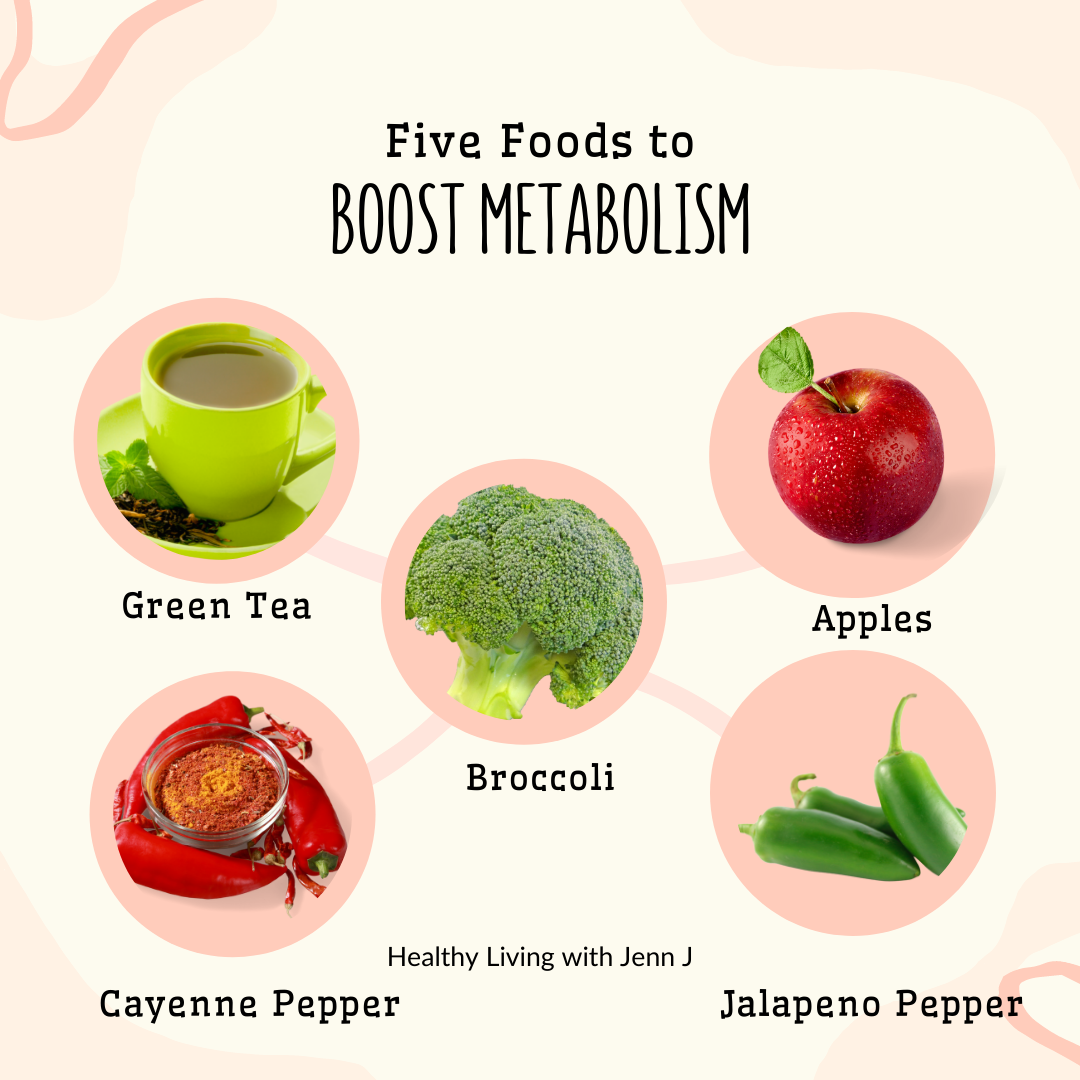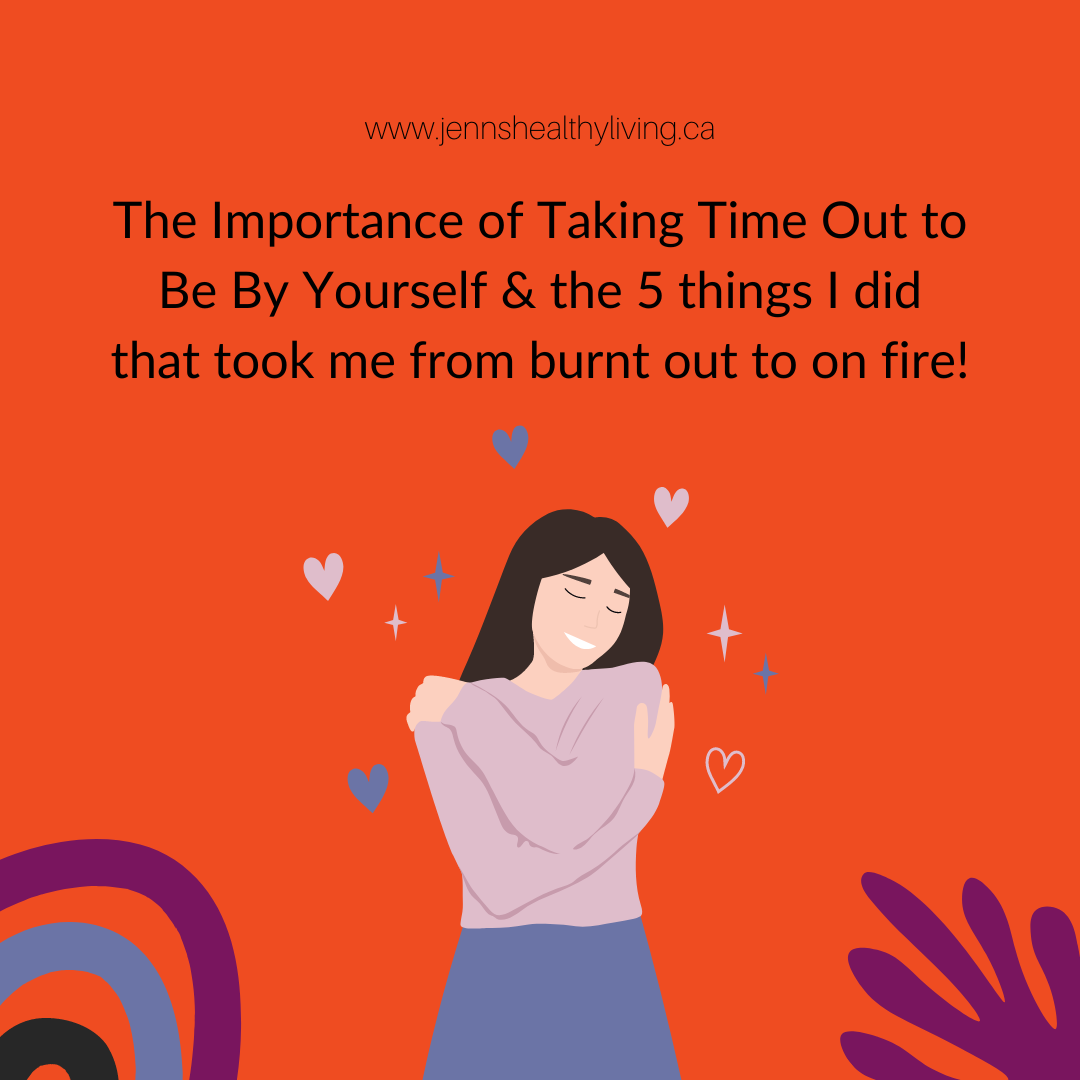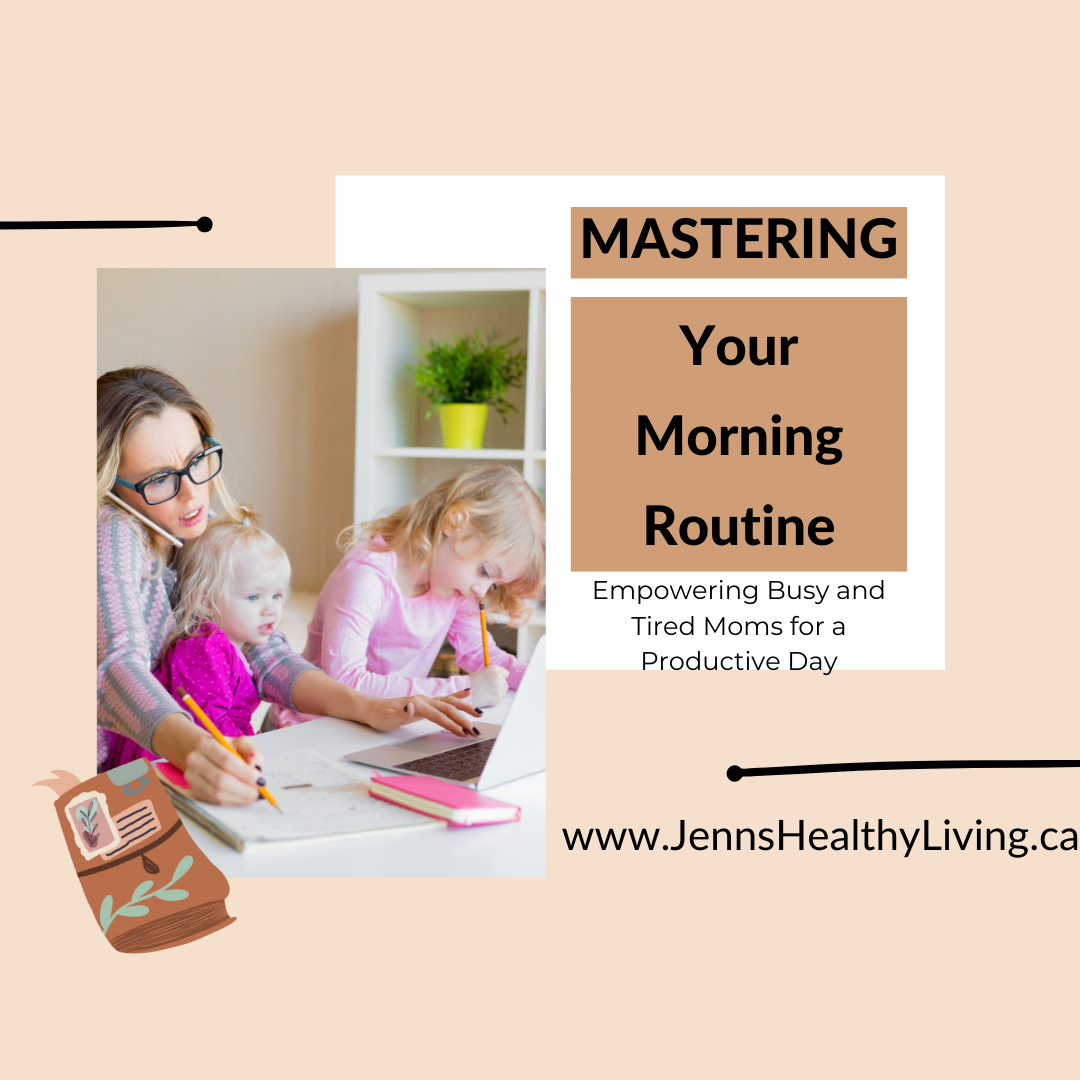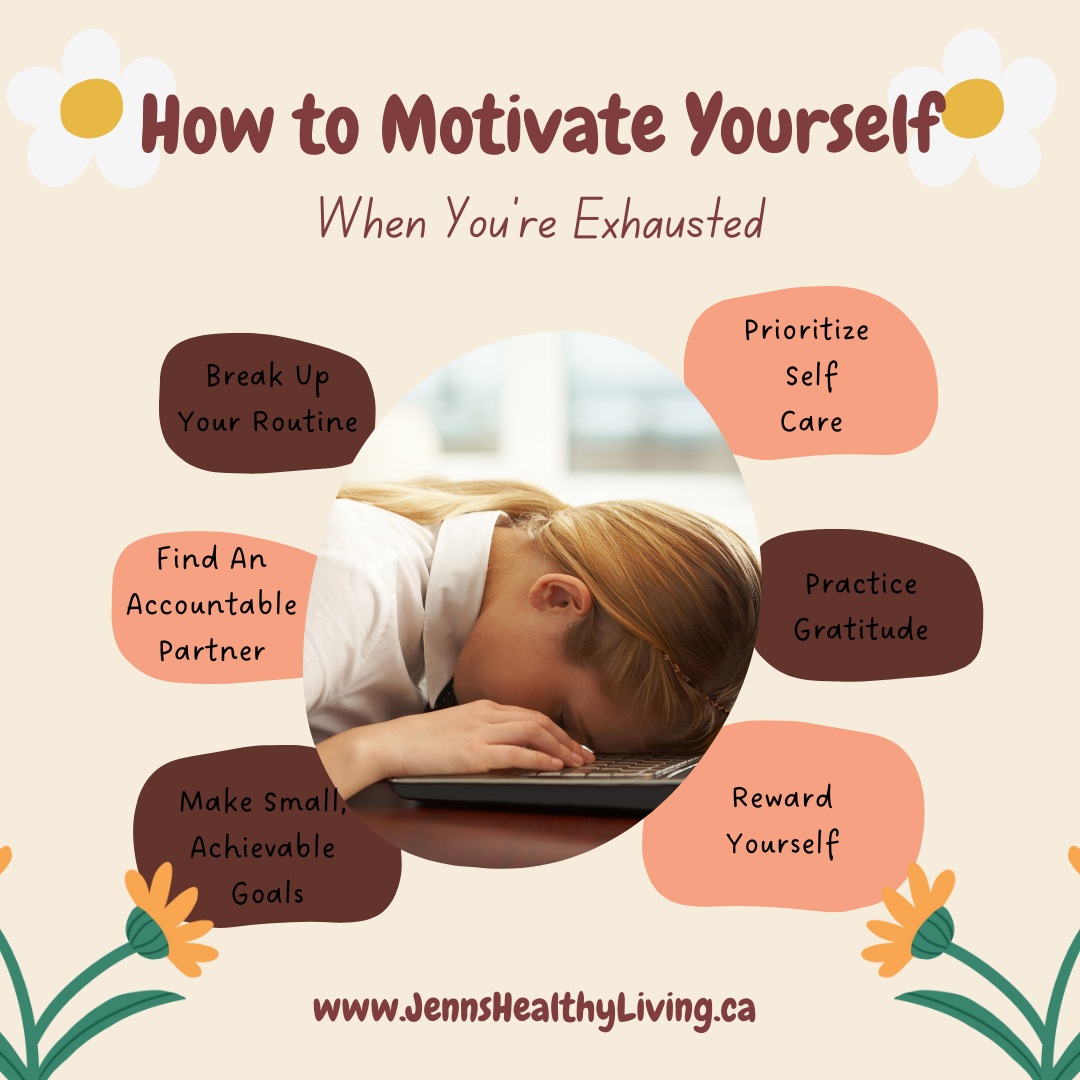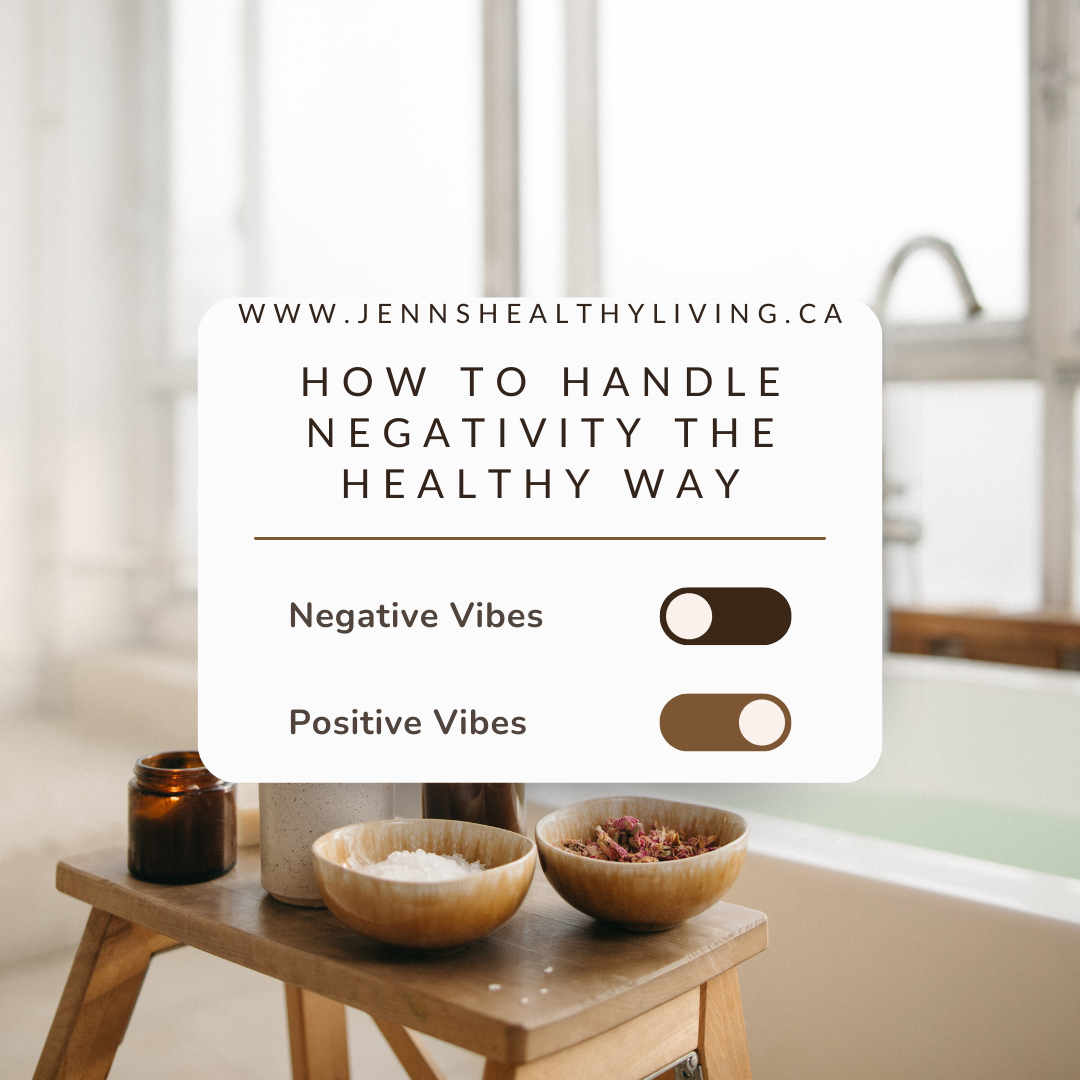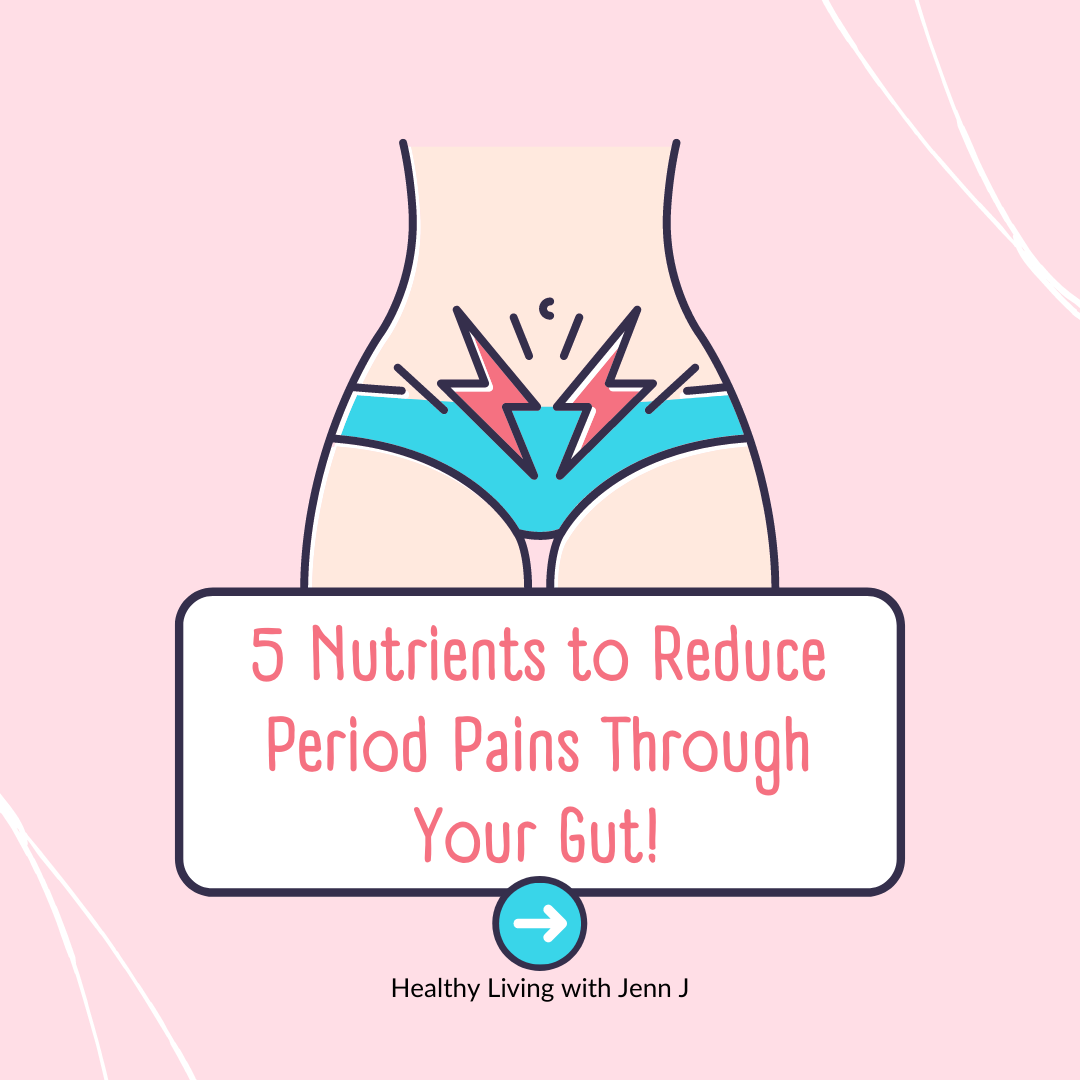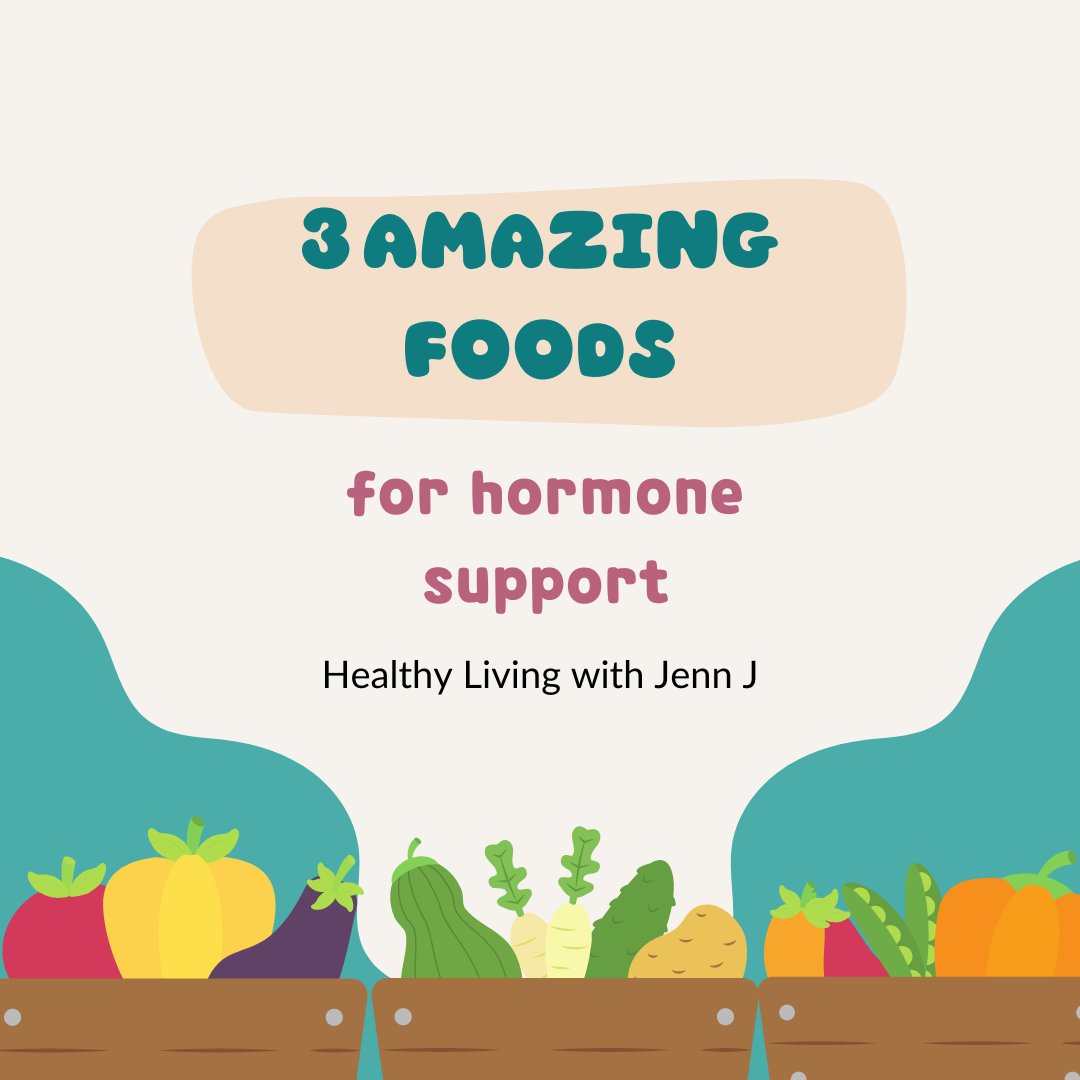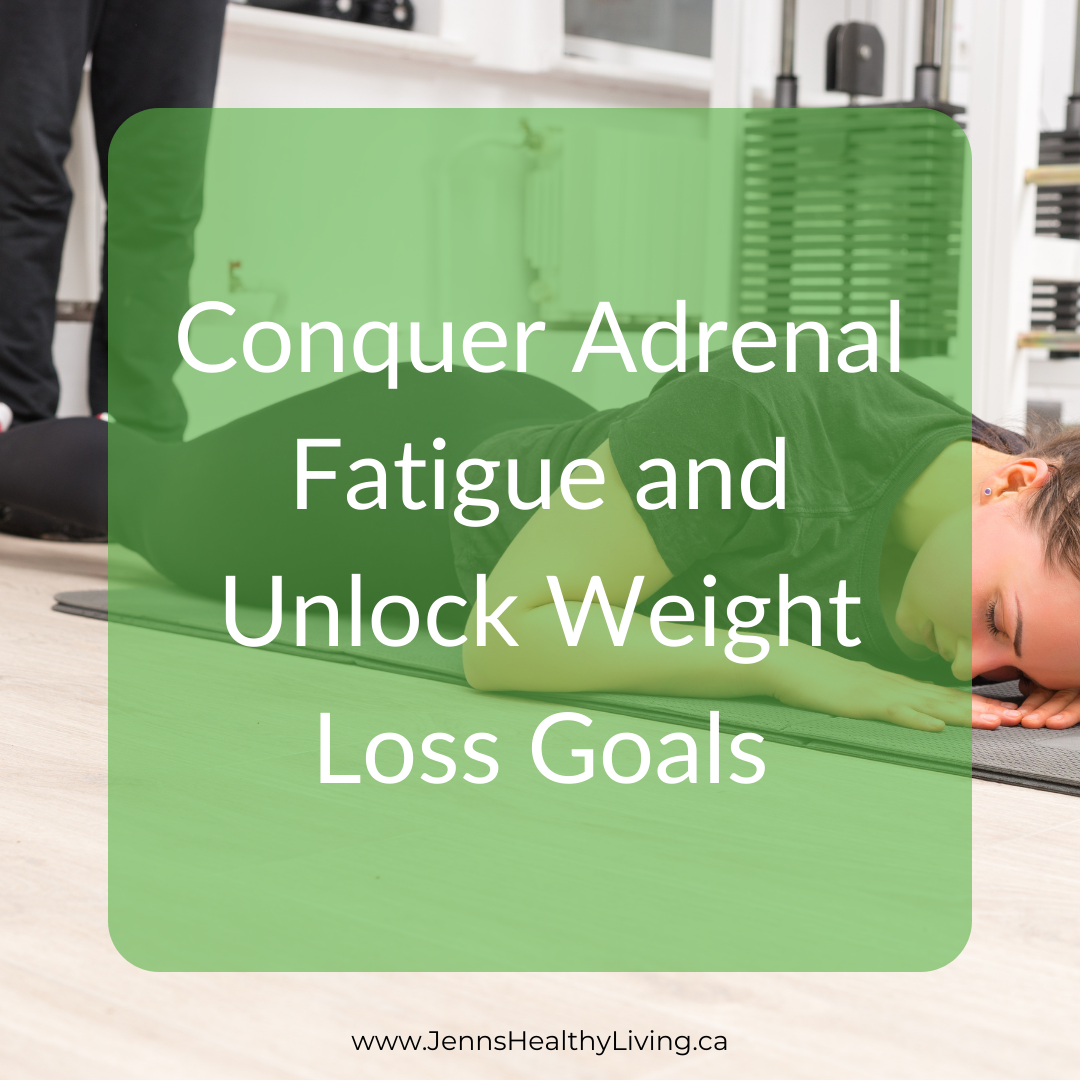In today's article (or video above), we will be discussing overwhelm, procrastination, and productivity. I will also share one of my ultimate hacks to help you get things done every single day.
The topic we are discussing today is one that comes up frequently when working with women, and that is feeling overwhelmed by the sense of responsibility and having too many things to take care of. This overwhelming feeling often leads to procrastination, and as a result, nothing gets done. In this video, I will share some awesome tips that I personally use at home and have taught in my practice to help women overcome this overwhelming sense of responsibility, be productive, and avoid procrastination.
One of the key strategies I teach is to assess your energy levels and identify when and where you are most productive during the day. Determine the time of day when you have the most energy and joy in doing tasks. Also, take note of the activities you tend to procrastinate on. By understanding your energy patterns, you can optimize your schedule accordingly.
Let me show you a glimpse of how I organize my day by sharing my screen. I use a simple Google Sheets document to schedule my day-to-day activities throughout the week. Please keep in mind that your schedule may look different from mine, depending on your tasks and responsibilities. The goal is to identify priorities, tasks you need to accomplish, and tasks you may not enjoy but still need to complete. By focusing your energy and attention, you can make the most of your day and minimize overwhelm.
In my schedule, you can see (watch the video to actually see my breakdown) that I start my day with a walk in the morning around 6 a.m. Recently, I've been waking up even earlier at 5:30 a.m. due to increased energy from following some tips I've shared in other videos. During this walk, I engage in professional and personal development activities, as I enjoy learning and expanding my skills. By doing this in the morning, I can ensure it gets done without being interrupted by the busyness of the day.
After my walk, I dedicate time to family activities until it's time to get my little one off to school. This involves preparing breakfast, packing lunches, ensuring everyone is ready for the day, and completing any pending tasks or homework. I then accompany my daughter to school, either by biking or driving, depending on the weather.
When I return home, I spend some time skipping rope to get some exercise and increase my heart rate. This is essential for counteracting the sedentary nature of my workday. By around 9 a.m., I've muted my phone to minimize distractions. This period, from 9 to 11 a.m., is when I am most productive and focused. I have specific tasks assigned for each day, such as scheduling content, working on my blog, newsletters, website, and other essential activities.
The key here is that I used to spend four to six hours a day on these tasks due to distractions and feeling overwhelmed. However, by streamlining my schedule and knowing exactly what needs to be done, I have reduced the time required to just two hours or less. This increased productivity has eliminated procrastination and the dread of having to work for long hours.
Around 11 a.m., I take a brain break and engage in my workout routine. This allows me to refresh my mind and energize my body. I find that physical activity not only boosts my energy levels but also improves my focus and creativity for the rest of the day.
After my workout, I allocate time for lunch and relaxation. This is my opportunity to nourish my body with a nutritious meal and take a moment to unwind. I may use this time to read a book, listen to a podcast, or simply enjoy some quiet time for self-reflection. This break helps me recharge and prevents burnout.
In the afternoon, I usually have client consultations, coaching sessions, or work on client projects. This is when I engage with my clients, provide guidance, answer their questions, and support them in their journey toward better health. It's fulfilling for me to see their progress and witness their transformation.
By late afternoon, it's time to pick up my daughter from school. I cherish this time with her as it allows me to disconnect from work and fully engage in quality family time. We might go for a walk, play at the park, or simply have a meaningful conversation about our day.
In the evening, I prioritize self-care and relaxation. This could involve activities such as taking a warm bath, practicing mindfulness or meditation, or engaging in a hobby that brings me joy. It's important for me to wind down and create a peaceful environment before bed to ensure a restful night's sleep.
Overall, my daily schedule is designed to optimize productivity while maintaining a balance between work, family, and personal well-being. By identifying my peak energy periods, allocating time for focused work, and incorporating self-care activities, I am able to tackle tasks efficiently and avoid the trap of procrastination.
I encourage you to assess your own energy patterns and design a schedule that works best for you. Remember, it's okay to experiment and make adjustments along the way. The goal is to find a routine that supports your productivity, reduces overwhelm, and allows you to thrive in all areas of your life.
In addition to scheduling, there are a few other strategies that can help you overcome overwhelm and increase productivity:
-
Break tasks into smaller, manageable steps: When faced with a large project or daunting task, break it down into smaller, actionable steps. This makes it easier to get started and gives you a sense of progress as you complete each step.
-
Prioritize your tasks: Determine which tasks are most important and need to be completed first. Focus your energy on these high-priority tasks and tackle them one at a time. This helps prevent overwhelm and ensures that important deadlines are met.
-
Minimize distractions: Identify the common distractions that hinder your productivity and find ways to minimize them. This could mean turning off notifications on your phone, setting specific times to check emails or social media, or creating a designated workspace free from distractions.
-
Practice time blocking: Allocate specific blocks of time for different activities or tasks. This helps you stay focused and prevents you from multitasking, which can lead to decreased productivity. Set clear boundaries during these time blocks and avoid unnecessary interruptions.
-
Take regular breaks: Allow yourself short breaks throughout the day to rest and recharge. These breaks can help prevent burnout, improve focus, and maintain overall well-being. Use this time to stretch, walk, meditate, or engage in activities that bring you joy.
Remember, productivity is not about doing more in less time; it's about doing the right things efficiently. By implementing these strategies and finding a routine that works for you, you can effectively manage overwhelm, increase productivity, and create a more balanced and fulfilling life.










 Everyone loves deep-fried pickles, but traditional deep-fried foods add a lot of trans fats that can increase your chances of inflammation and contribute to a more difficult period. Reduce your inflammatory load by air frying instead of deep frying.
Everyone loves deep-fried pickles, but traditional deep-fried foods add a lot of trans fats that can increase your chances of inflammation and contribute to a more difficult period. Reduce your inflammatory load by air frying instead of deep frying. There is nothing like a good spinach dip on the table that screams holiday parties! As a die-hard cheese lover before moving to a plant-based diet, this was one that took me a long time to let go of when I was transitioning. I used to tell myself: "oh it's okay, I haven't had much dairy lately, I'll be fine". How wrong I was! A1 dairy proteins have caused me a lot of hormone havoc, and I'm not alone, plenty of women struggle with their hormones because of A1 proteins. So when I came across this recipe, I was pleased that I'd still be able to enjoy my favourite holiday dip without the pain and hell I had attached to it!
There is nothing like a good spinach dip on the table that screams holiday parties! As a die-hard cheese lover before moving to a plant-based diet, this was one that took me a long time to let go of when I was transitioning. I used to tell myself: "oh it's okay, I haven't had much dairy lately, I'll be fine". How wrong I was! A1 dairy proteins have caused me a lot of hormone havoc, and I'm not alone, plenty of women struggle with their hormones because of A1 proteins. So when I came across this recipe, I was pleased that I'd still be able to enjoy my favourite holiday dip without the pain and hell I had attached to it! Not everyone loves mushrooms, but I think we can all agree that a party isn't complete if there isn't a tray of stuffed mushrooms on the table! They're a tasty little appetizer and a great way to add some non-traditional veggies to your snacks!
Not everyone loves mushrooms, but I think we can all agree that a party isn't complete if there isn't a tray of stuffed mushrooms on the table! They're a tasty little appetizer and a great way to add some non-traditional veggies to your snacks! Skip the gluten-loaded crackers and white bread this year and try using sweet potato instead! This tasty little recipe is so simple to make and can be dressed up or dressed down to your liking.
Skip the gluten-loaded crackers and white bread this year and try using sweet potato instead! This tasty little recipe is so simple to make and can be dressed up or dressed down to your liking. I promise you, there's no crab in this little snack, but it's not lacking flavour! If you really want that fishy taste, you can even sprinkle in some kelp flakes to deepen the flavour of this dish!
I promise you, there's no crab in this little snack, but it's not lacking flavour! If you really want that fishy taste, you can even sprinkle in some kelp flakes to deepen the flavour of this dish!